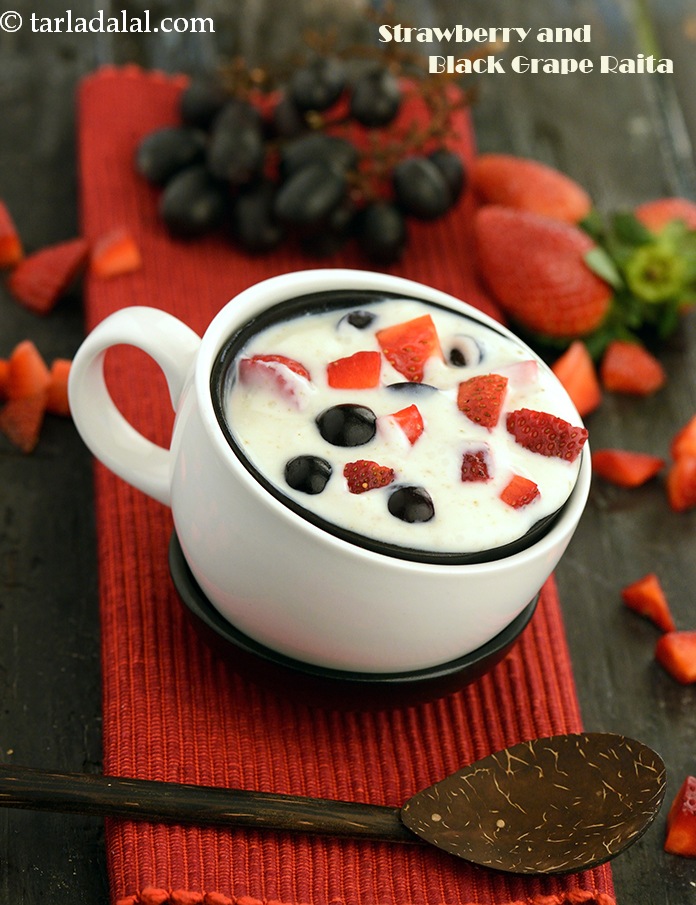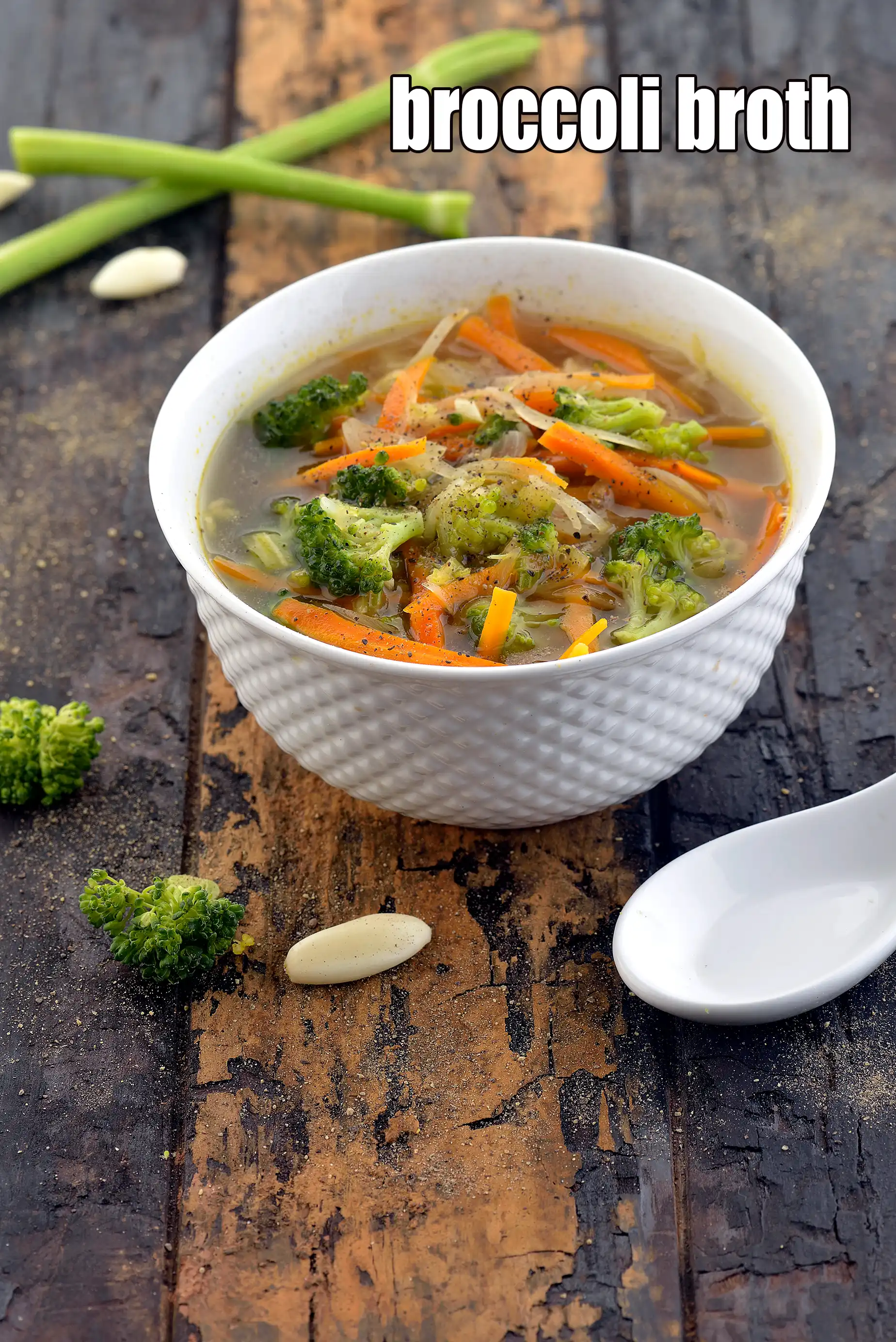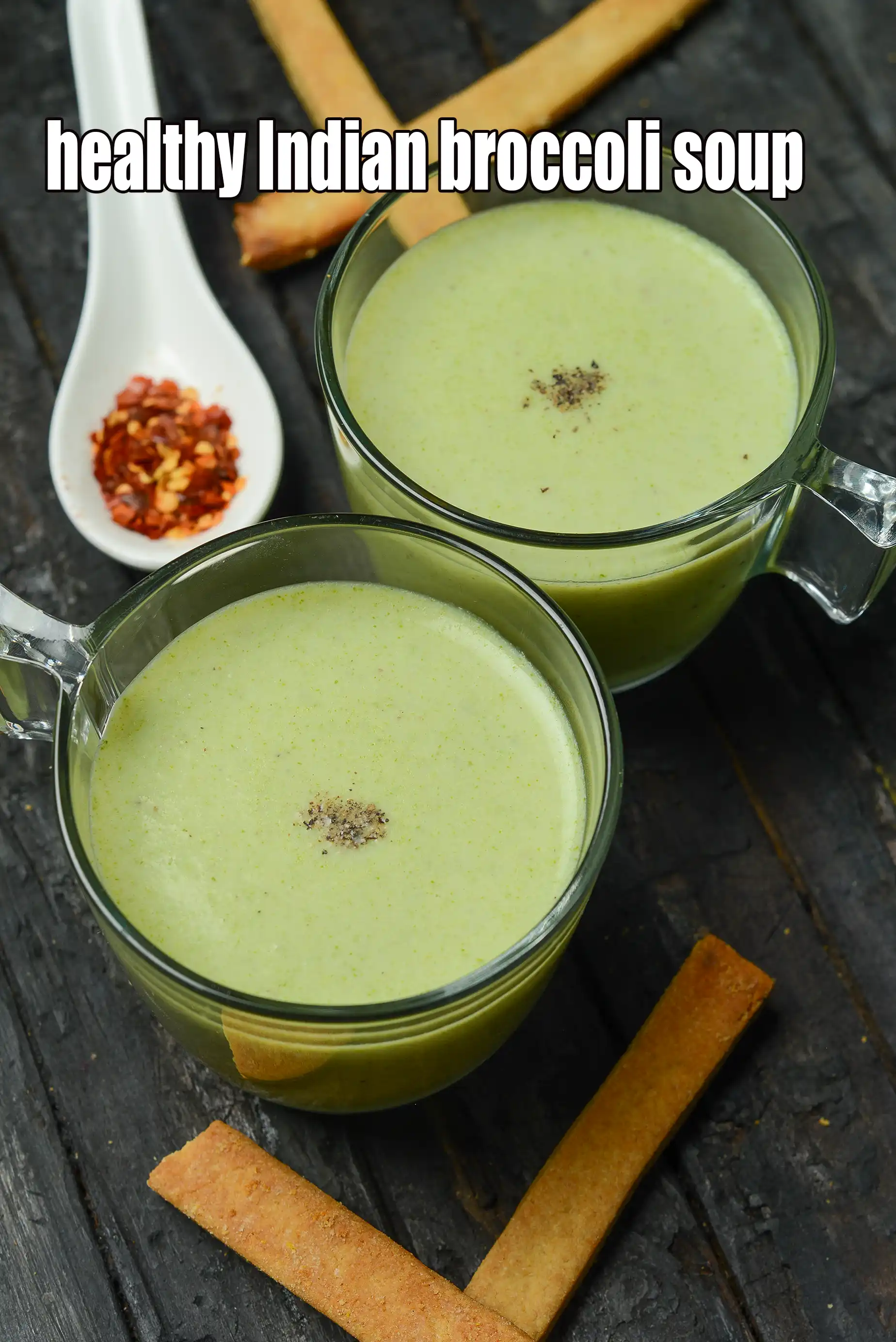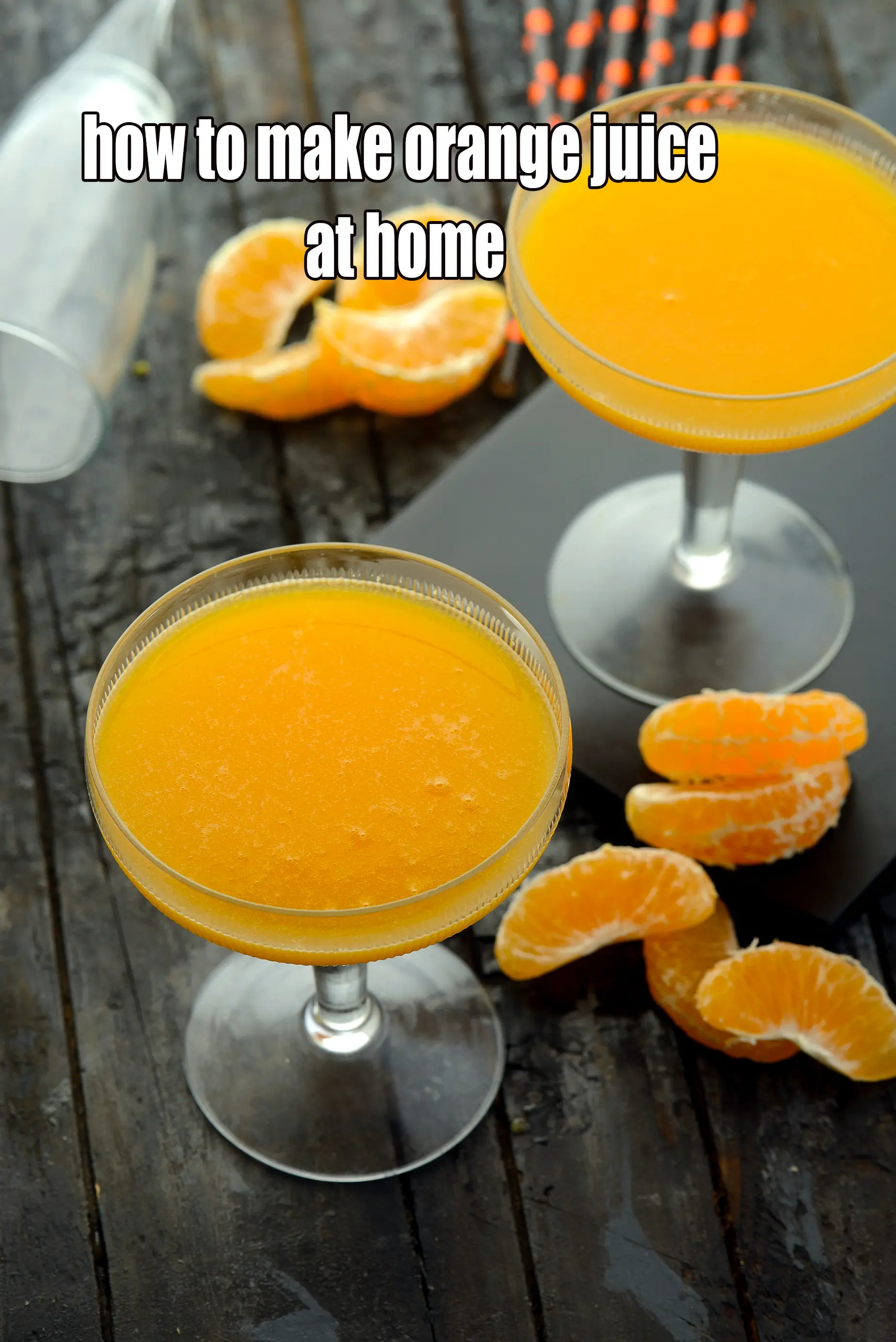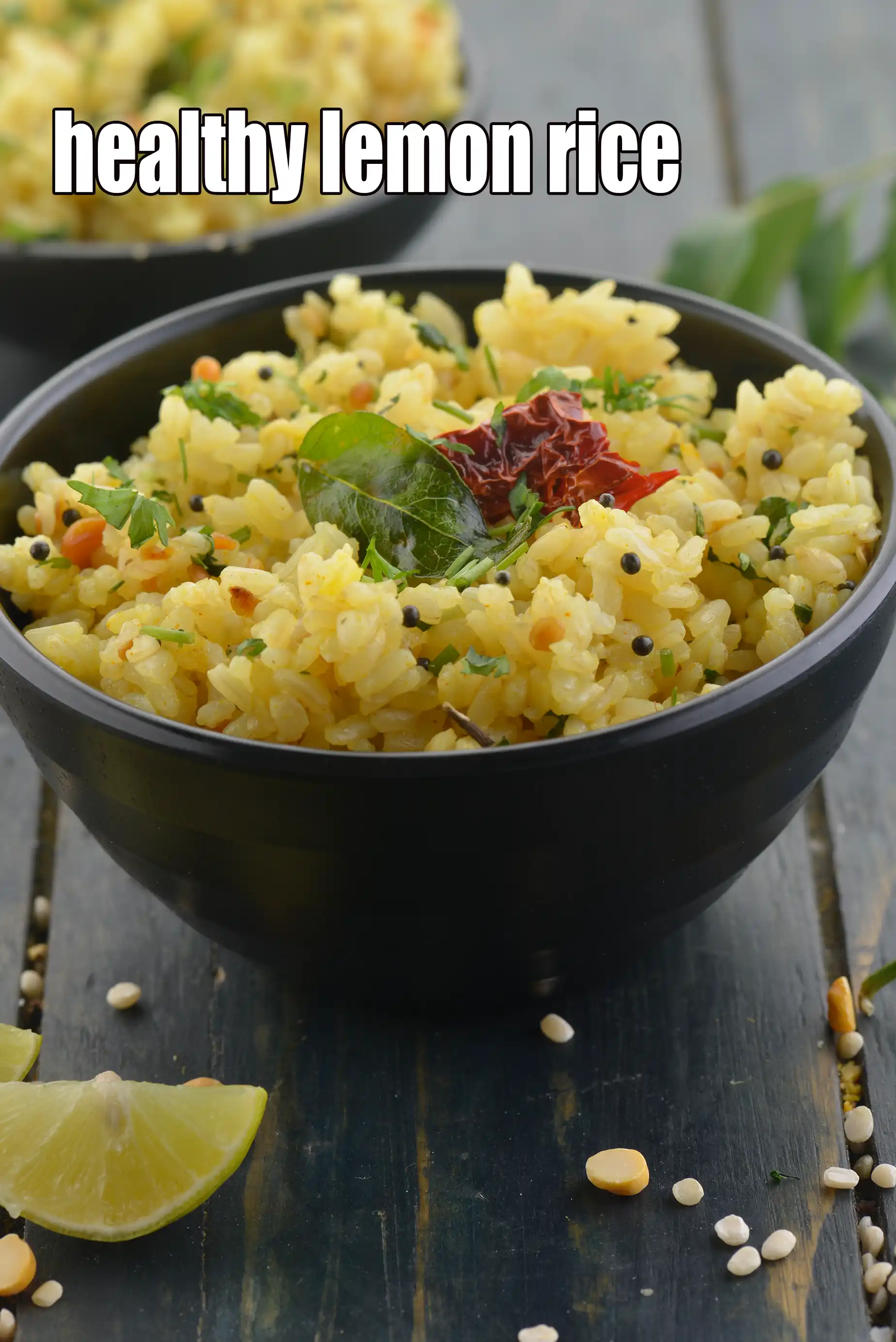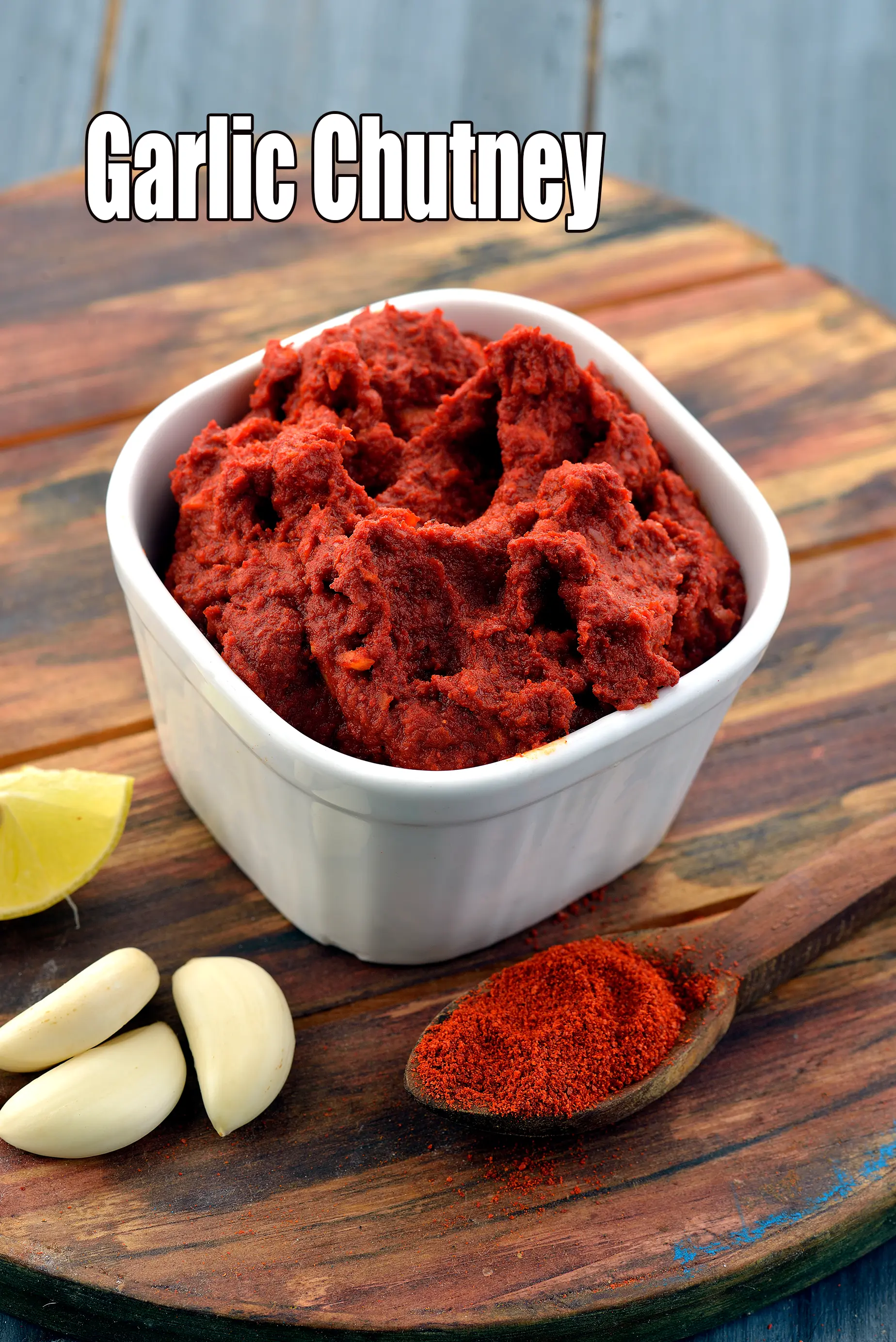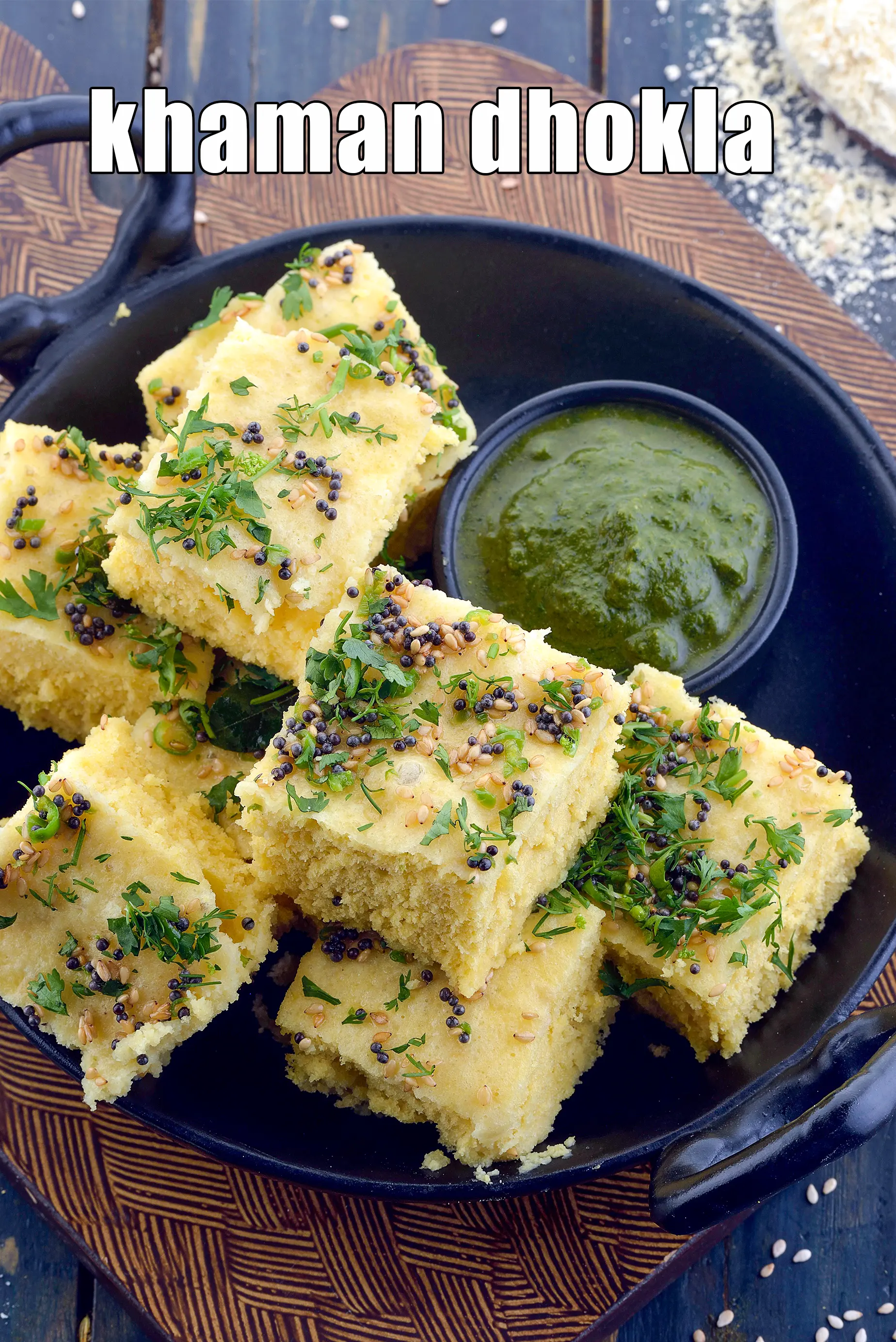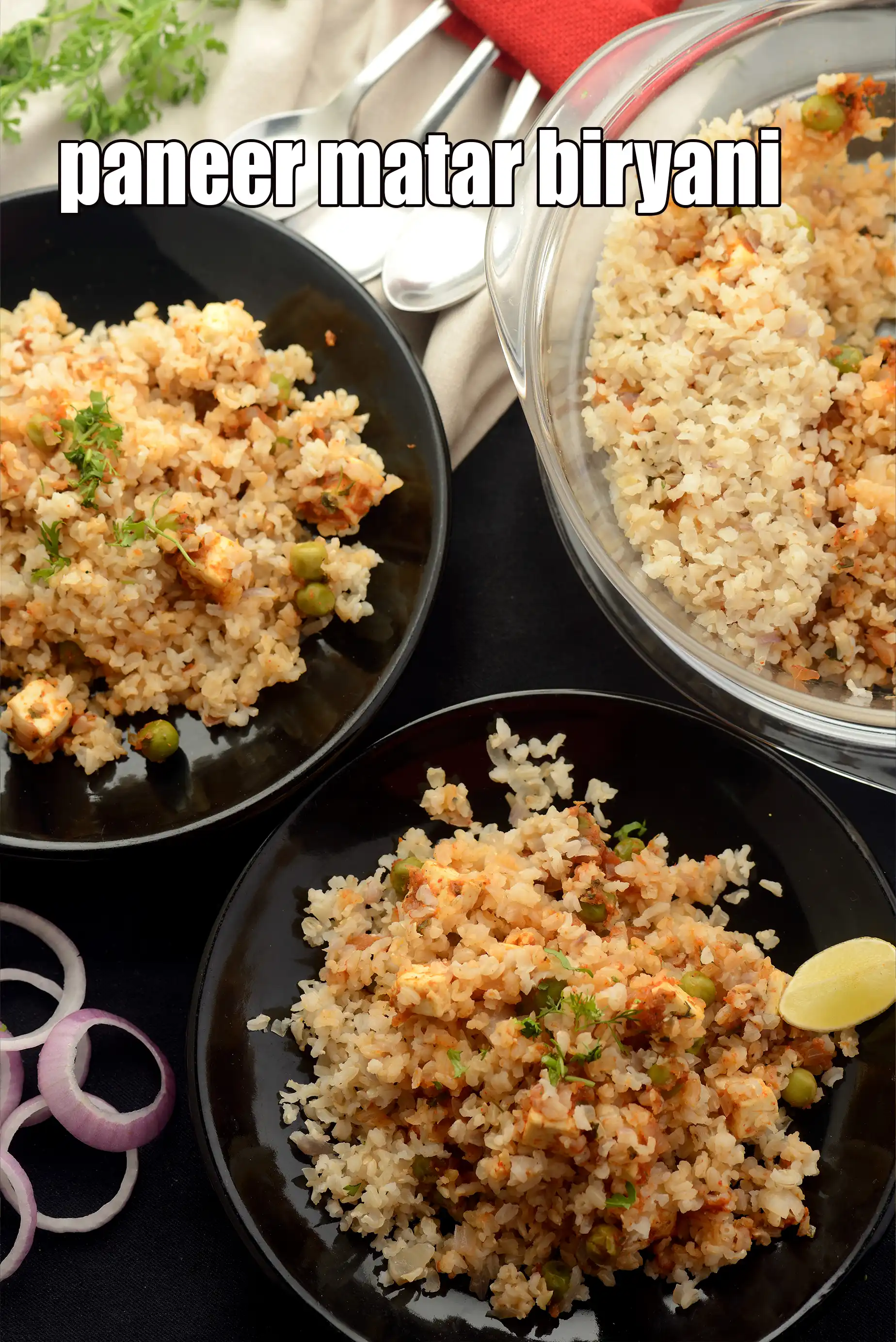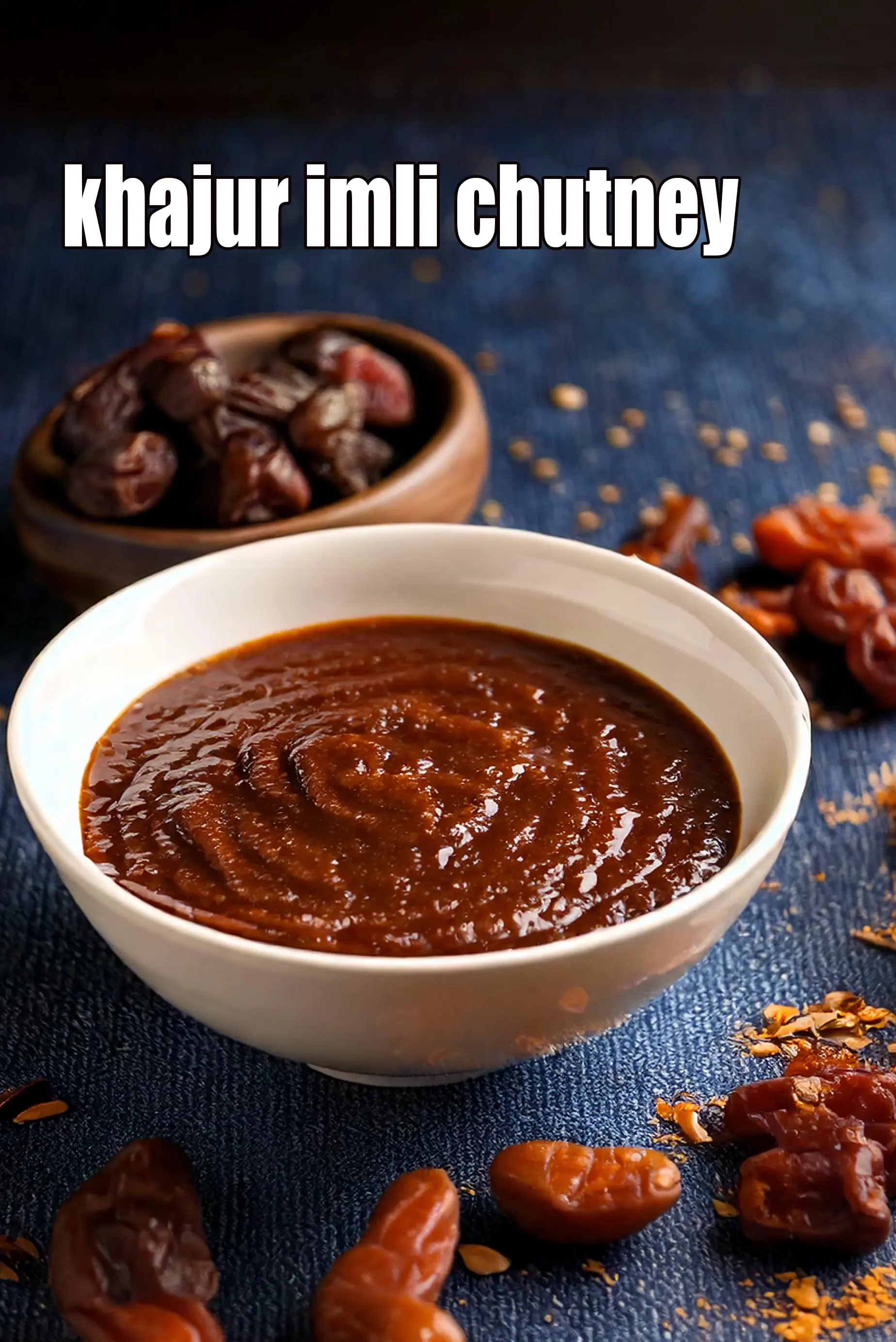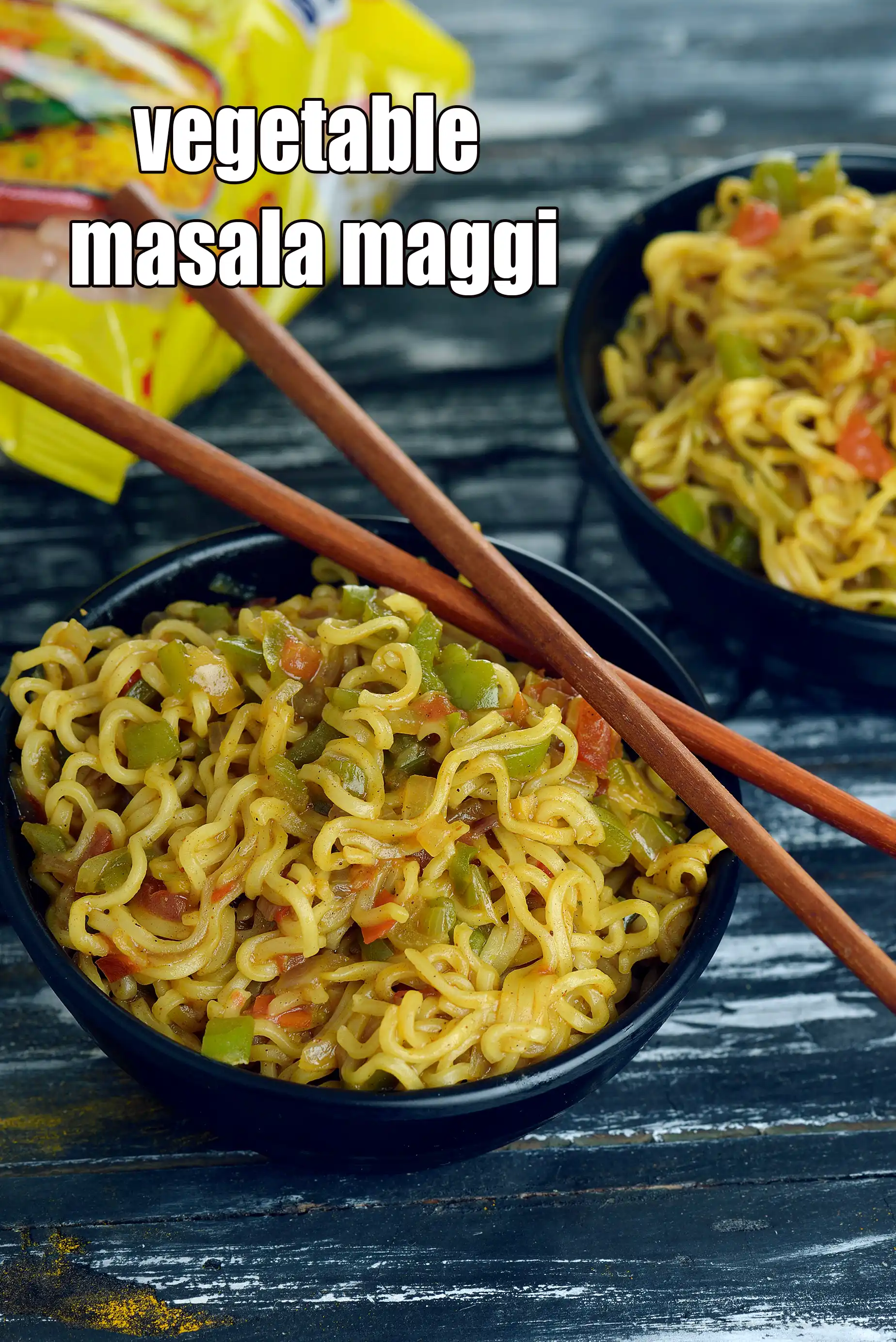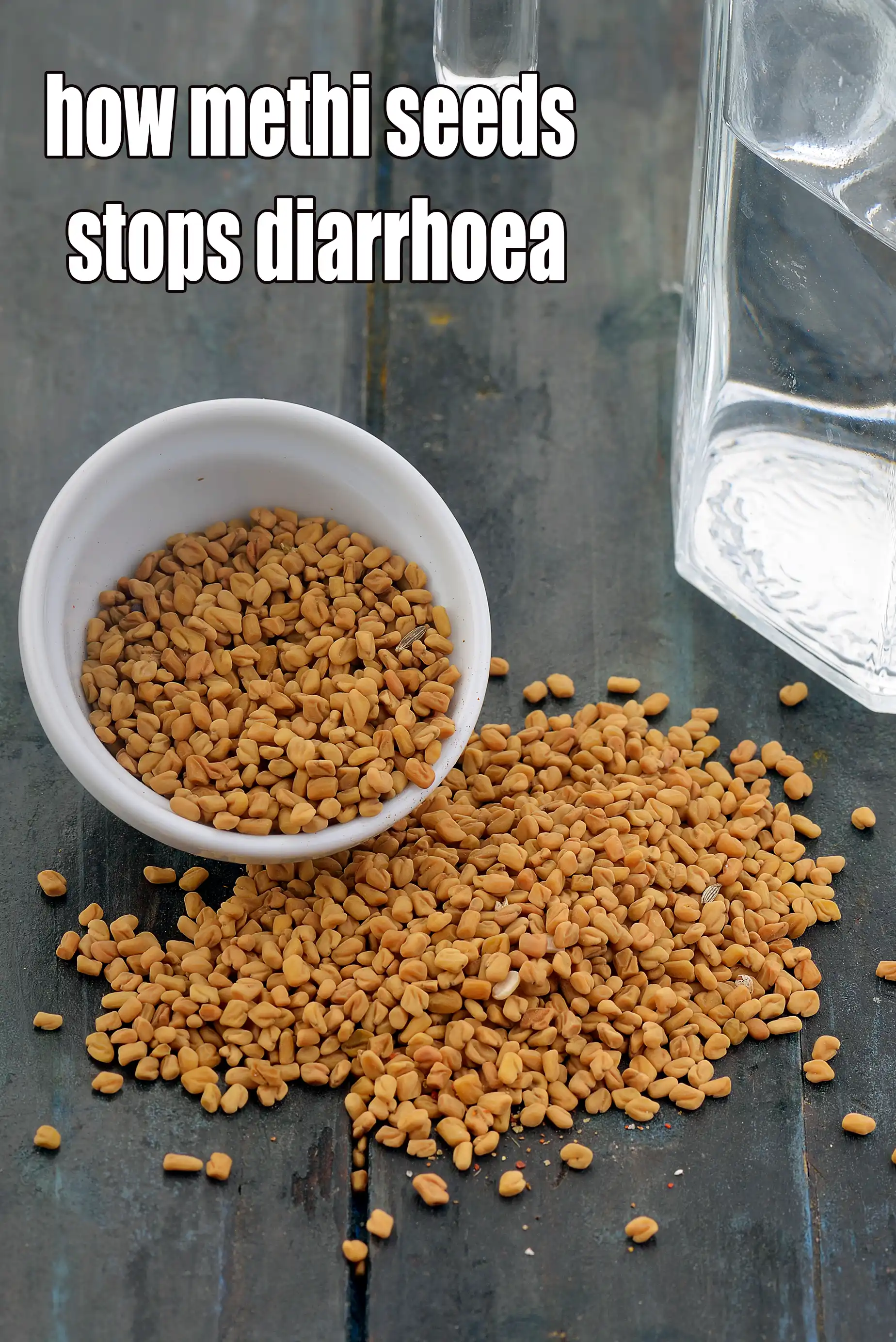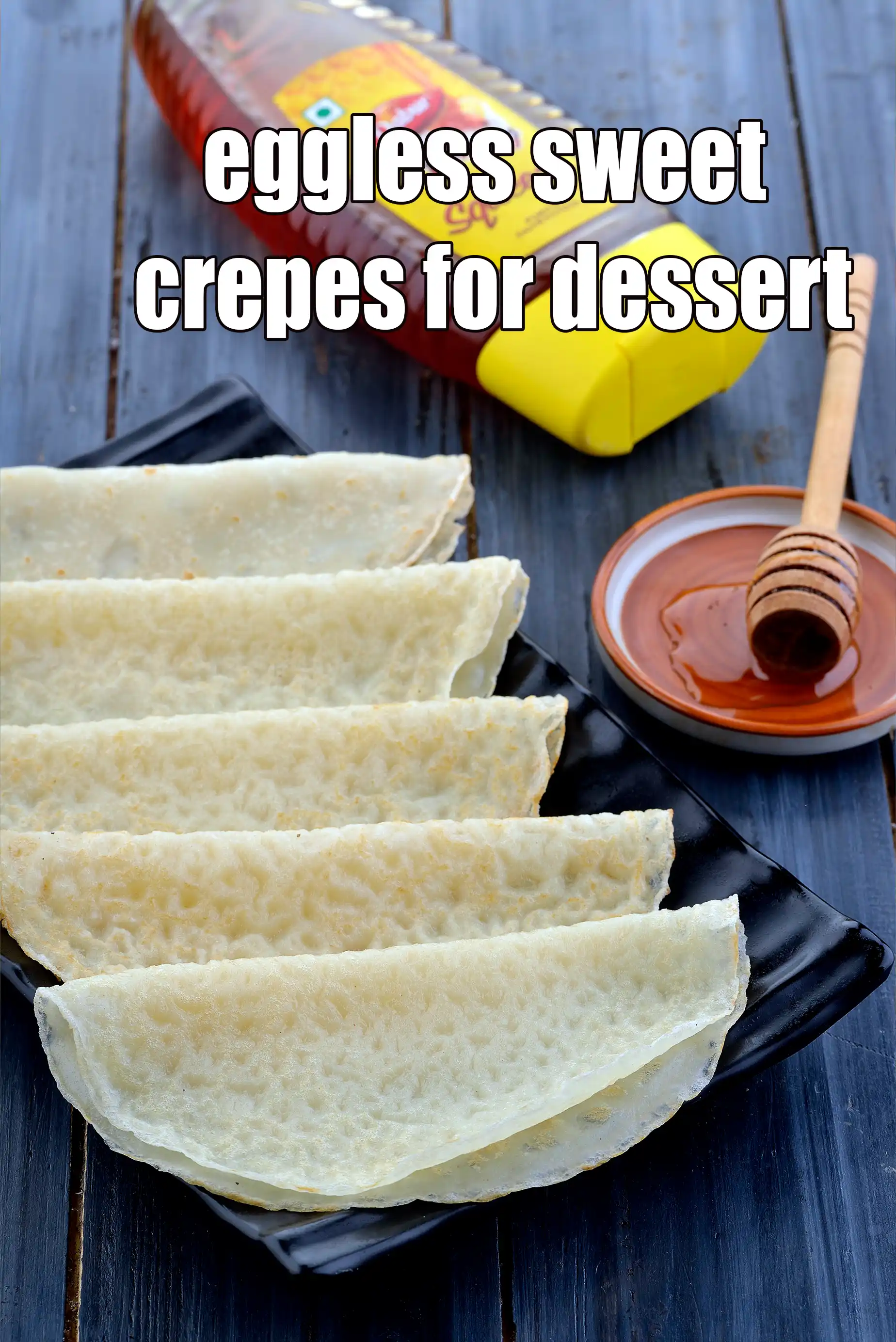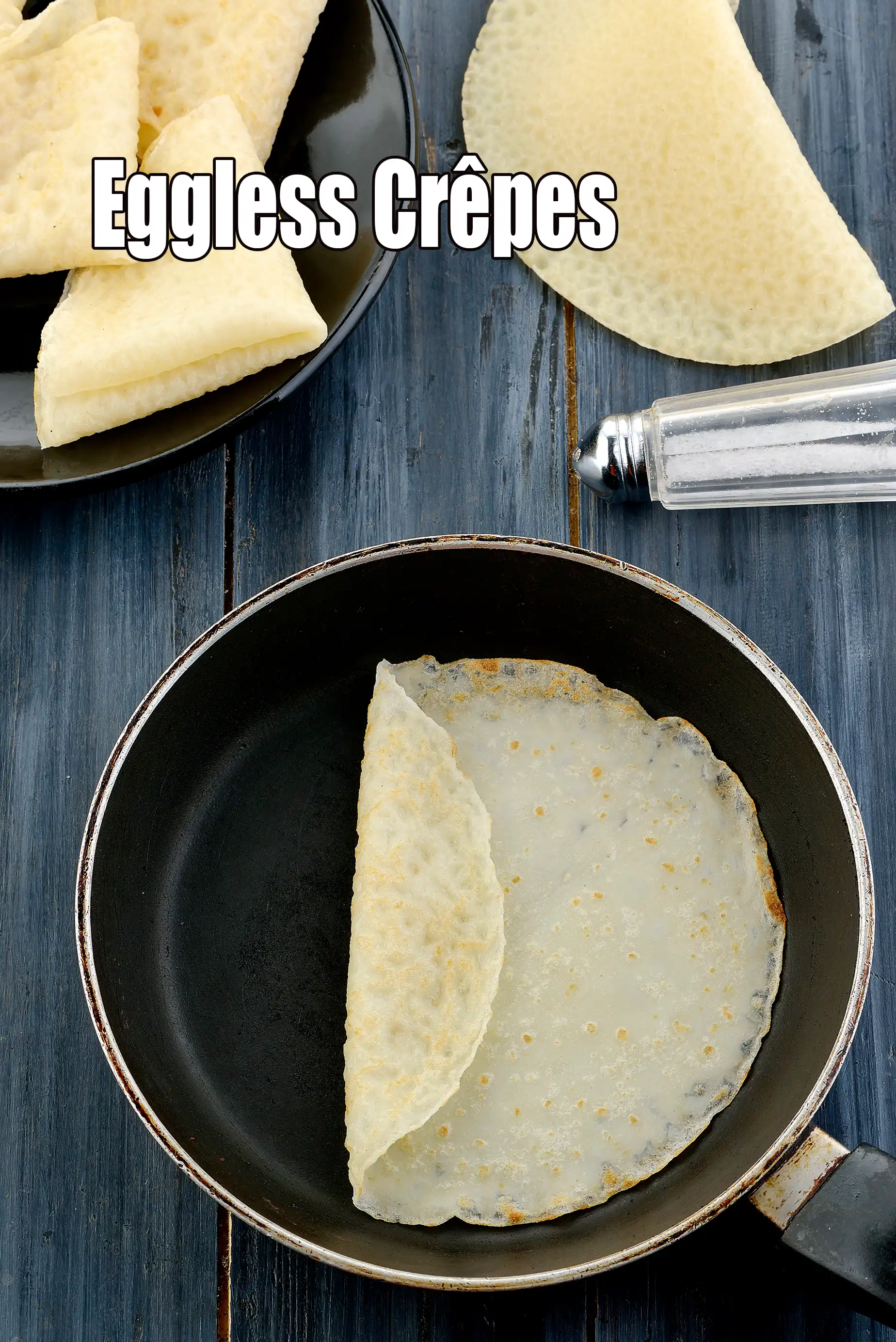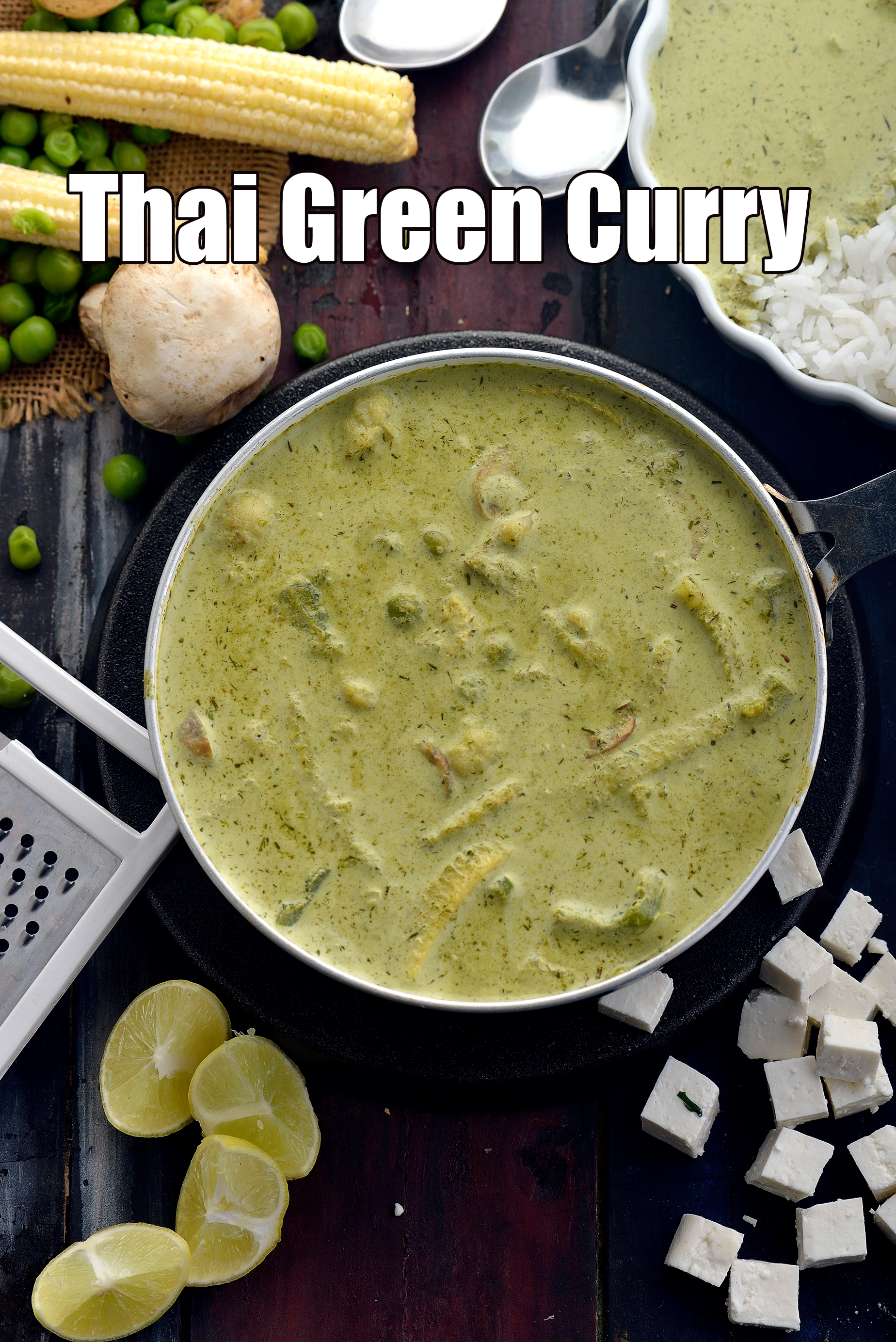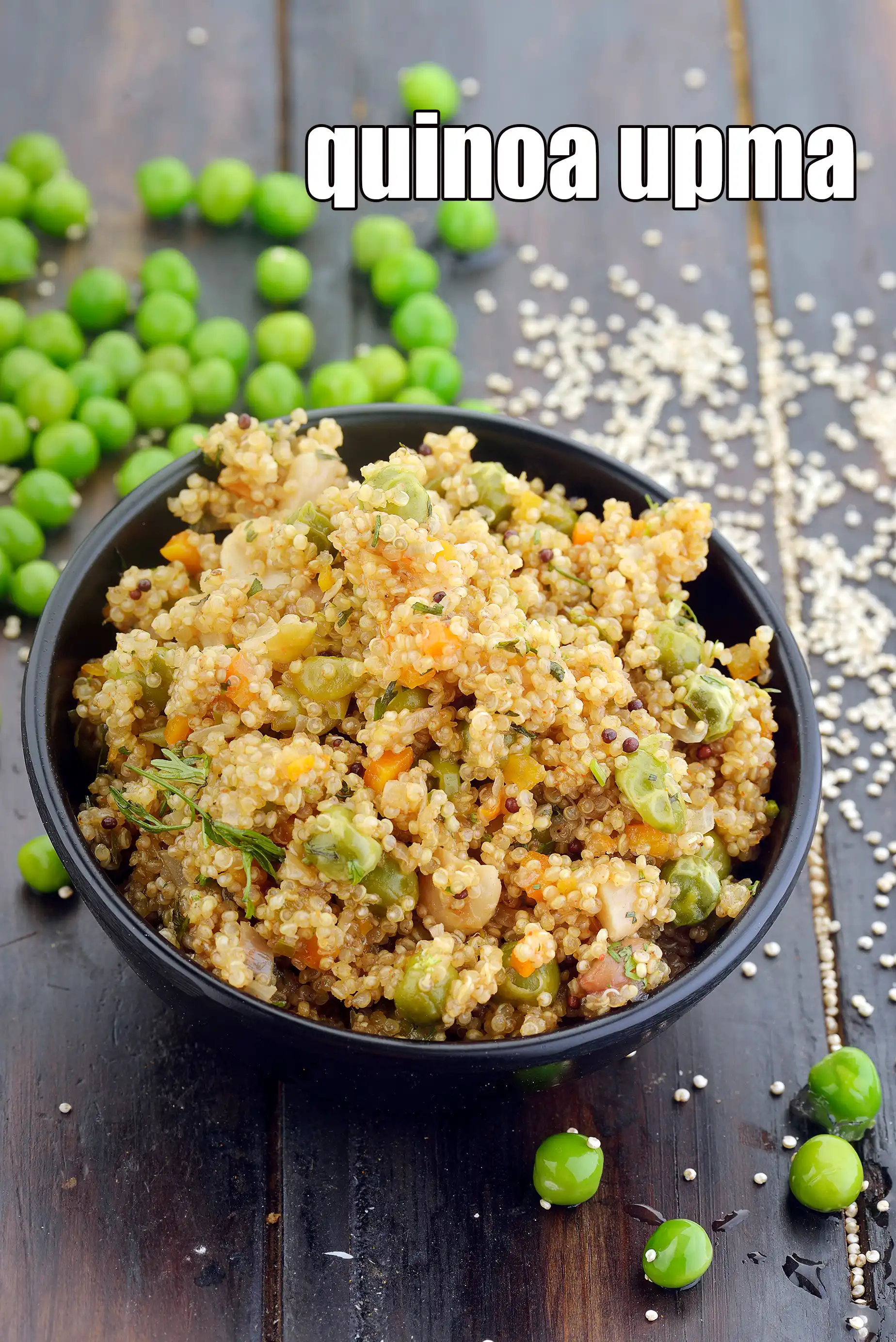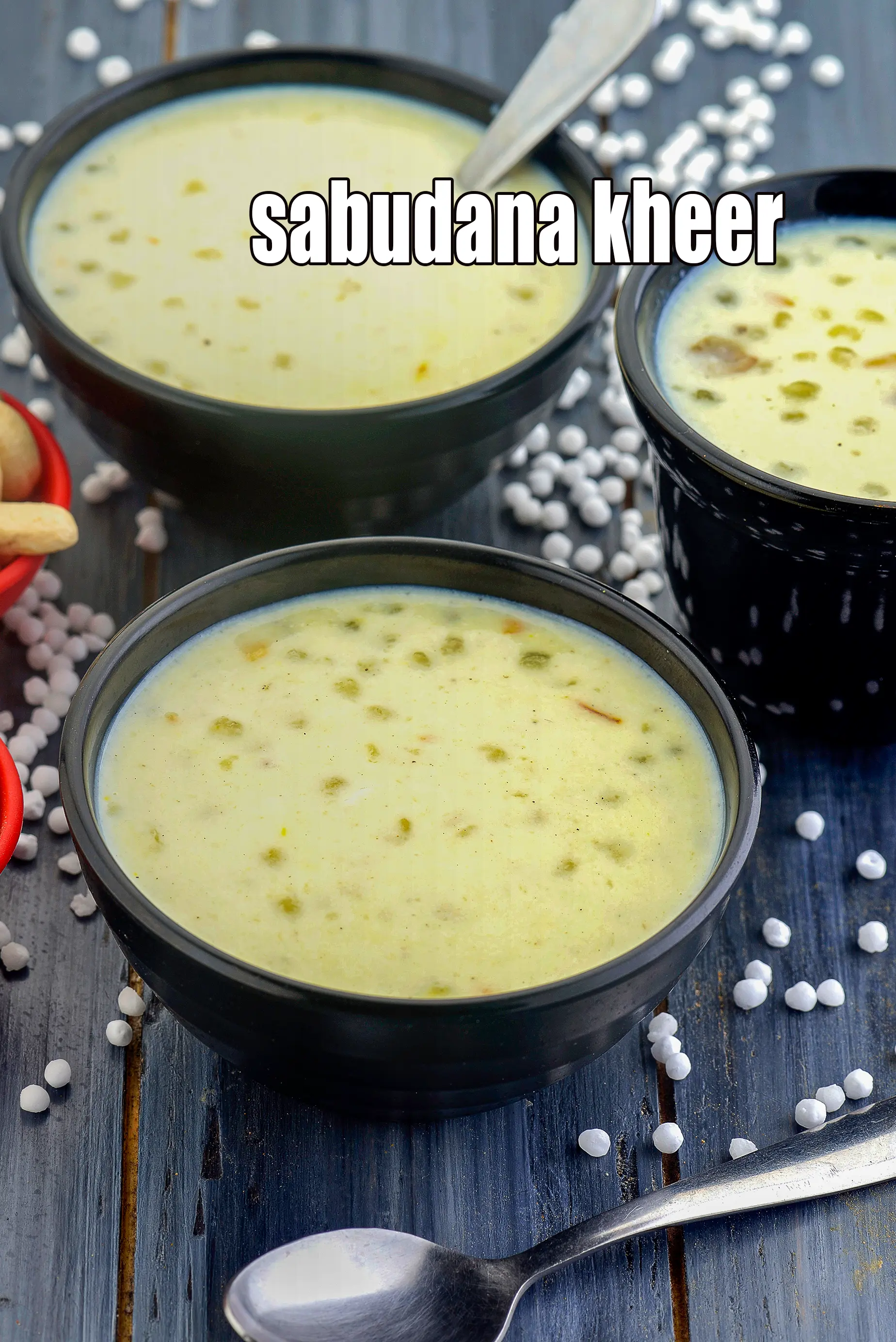This category has been viewed 82490 times
Healthy Indian Recipes > Malaria Diet
19 Malaria Diet Recipes
Last Updated : 10 November, 2025
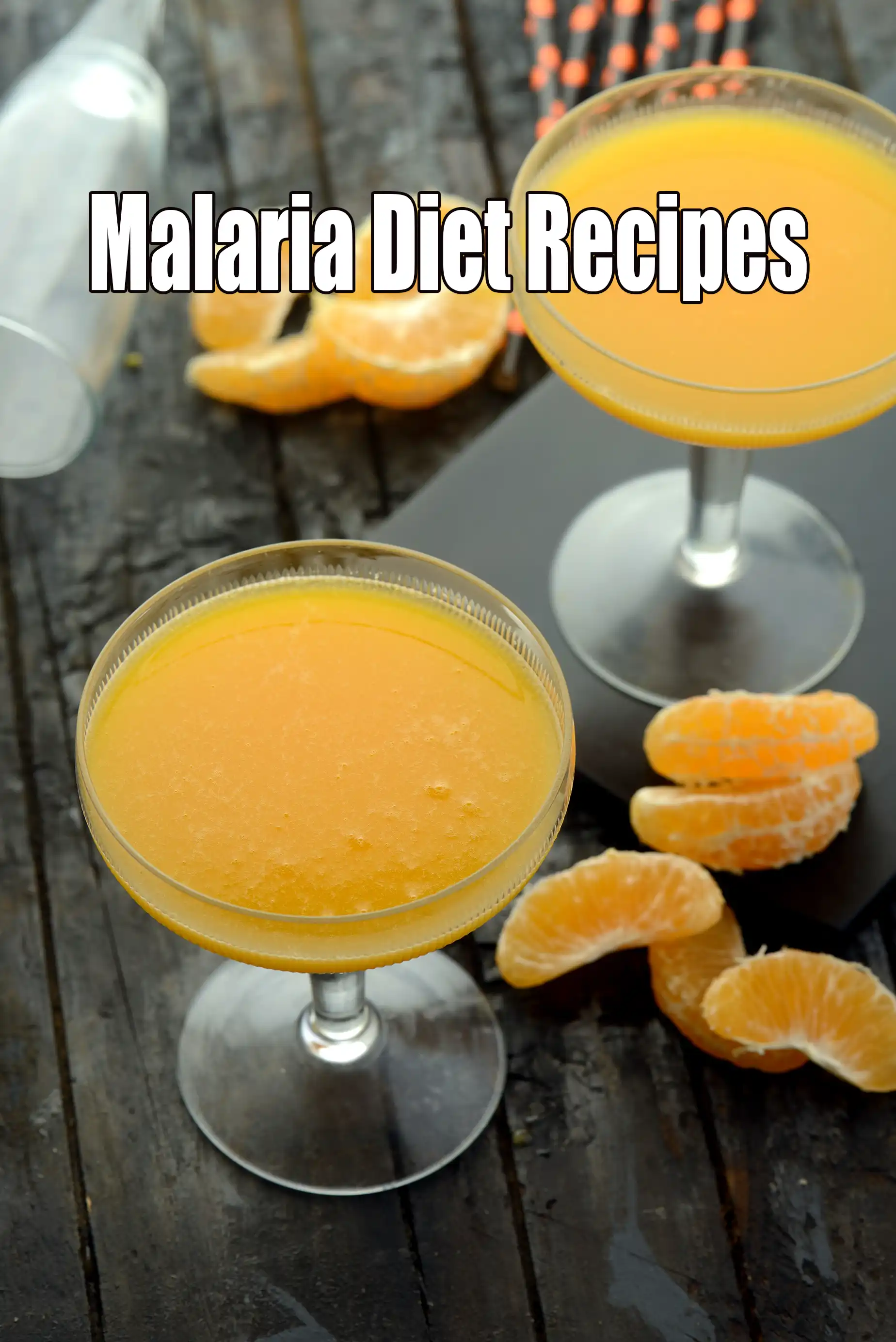
Table of Content
What food to eat and avoid for treating Malaria | Indian Diet for Malaria |
What food to eat and avoid for treating Malaria, Indian Diet for Malaria.
When managing Malaria, the Indian diet plays a vital role in recovery, primarily focusing on combating weakness, fever, and nutrient loss. The diet should be rich in energy and easily digestible nutrients. Focus on consuming simple, soft foods like khichdi (made with rice and moong dal), porridge (daliya), and clear vegetable soups to provide energy without burdening the digestive system. Crucially, emphasize foods high in Vitamin C and antioxidants to boost immunity and fight infection; excellent choices include fresh citrus juices (like orange and sweet lime) and light, cooked vegetables such as carrots, spinach, and tomatoes. To prevent dehydration due to fever, ensure a high intake of fluids like water, coconut water, vegetable broth, and oral rehydration solution (ORS).
oral rehydration solution recipe for diarrhoea | How to Make ORS Recipe at Home | Salt and Sugar Drink for diarrhoea | Homemade ORS Recipe for diarrhoea |
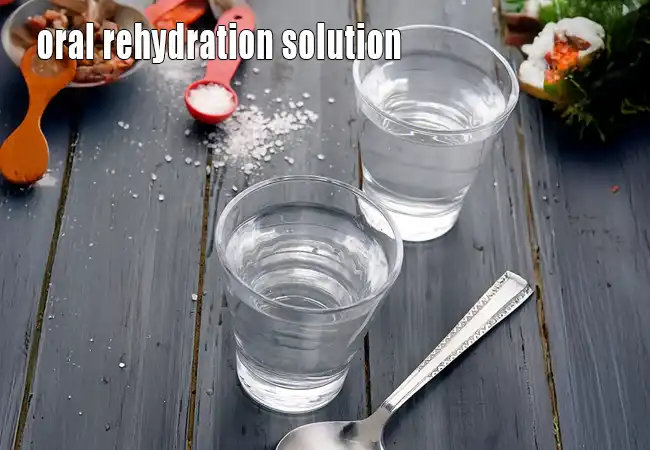
For optimal recovery, it’s essential to avoid foods that are heavy or hard to digest, which can strain the body when it's already fighting an infection. Key foods to avoid include all forms of deep-fried, oily, and spicy dishes (like pakoras, puris, and rich curries), as these can cause indigestion and slow down recovery. Similarly, high-fiber, gas-forming foods like certain beans (rajma, chana) and raw, cruciferous vegetables should be limited. In the initial phases of the fever, try to limit high-fat dairy like full-fat milk and cream, and excessive sugar from desserts, as they can cause temporary discomfort and may hinder the body's natural healing process. Opt for simple, home-cooked food.
A balanced Indian meal plan for Malaria recovery should look like this: Start the day with a light, simple breakfast like ragi/daliya porridge or a piece of toasted whole-wheat bread. Lunch and dinner should be based on soft, cooked starches (like rice or roti) combined with easy-to-digest protein (like moong dal or masoor dal) and simple vegetable sabzi. Throughout the day, maintain a steady intake of fresh fruit juices (without added sugar) and plenty of water. As the fever subsides, gradually introduce slightly heavier foods, but continue prioritizing high-protein, vitamin-rich, and low-fat options to fully restore strength and rebuild the body’s reserves.
how to make orange juice at home recipe | 3 ways to make orange juice | orange juice with mixer, blender | homemade orange juice for malaria |
Orange juice is considered beneficial for treating malaria because it is rich in vitamin C, natural sugars, and antioxidants that help the body recover from weakness, dehydration, and fever. The high vitamin C content in oranges strengthens immunity, aids in detoxification, and supports the body’s natural healing process during infection. Its natural fruit sugars and electrolytes help restore energy and maintain hydration, which is crucial when suffering from fever and loss of appetite. The antioxidants and flavonoids present in orange juice also help reduce inflammation and support liver function, which is often affected by malaria. Adding a pinch of black salt can further aid digestion and replenish lost minerals, making fresh orange juice a gentle, refreshing, and restorative drink for those recovering from malaria.

Since the parasites takes time to multiply, in most cases the symptoms are not seen immediately. Usually this incubation period for cells to multiply is between a week to 4 weeks but it is quite possible that the parasite may remain dormant upto a year too . Once the incubation period is over and the cells have multiplied in the liver and attacked the hosts body the following symptoms are most commonly seen:
• Fever, the pattern varies with each person
• Sweats, followed by reversal to normal temperature
• Chills
• Body aches
• Fatigue
• Abdominal pain
• Headache
• Nausea accompanied with vomiting at times
• Diarrhea
Malaria can be life threatening in extreme cases. It can cause complications like failure of liver or kidney, Anemia due to destruction of RBC, Cerebral Malaria if the cells have reached the brain, breathing problems if the lungs have been attacked or even low blood sugar.
pumpkin soup | kaddu ka soup | bhopla soup | Indian pumpkin soup | low calorie pumpkin soup |
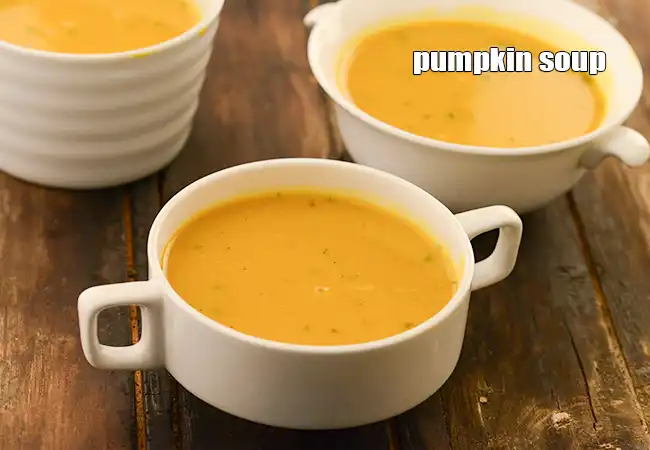
Of course, Malaria is a disease which has to be treated with medications depending on the person infected. However a few dietary measures will help you sail through this disease with ease. Since the person’s immune system is attacked by the parasite, the main focus should be boost immunity and enhance the ability to fight disease while not putting any extra load on kidney, liver and digestive tract.
Important dietary pointers in mind for Malaria Diet
Hydrate yourself well with boiled water. Coconut water is equally beneficial. Try Coconut Water with Coconut Meat.
coconut water with coconut meat | coconut water with malai | benefits of coconut water | nariyal ka paani with malai |

Drink plenty of juices like orange juice and grapefruit juice in the initial stages. This should be followed by other fresh fruits like strawberry, sweet lime, kiwi, grapes, papaya, melon, berries, pineapple etc. They help you rejuvenate and build immunity too. Papaya Pineapple Juice, Pear and Pomegranate Juice and Muskmelon and Orange Juice are some tried and tested recipe ideas. Once you have recovered a little, prefer whole fruits to gain the utmost nutrient benefit. Try Pear and Pomegranate Salad then.
Papaya Pineapple Juice
Opt for a variety of soups too. They are quite pleasing to the system. Try recipes like Broccoli Broth and and Carrot and Bell Pepper Soup.
Broccoli Broth | healthy veg clear broccoli carrot soup | low carb diabetic broccoli carrot Indian soup |
Broccoli Broth is highly beneficial for individuals recovering from malaria because it is light, easy to digest, and packed with essential nutrients that help the body regain strength. Broccoli, carrots, and celery provide a rich source of vitamins A, C, and K, along with antioxidants that support immunity and tissue repair after infection. The garlic and olive oil in the broth have anti-inflammatory and antimicrobial properties, which can help the body fight lingering weakness or secondary infections. Being hydrating and soothing, this warm broth also helps maintain fluid balance and improve appetite, which often decreases during malaria recovery. Low in salt and fat, yet full of natural goodness, broccoli broth is an excellent restorative meal for boosting energy, immunity, and overall recovery in malaria patients.
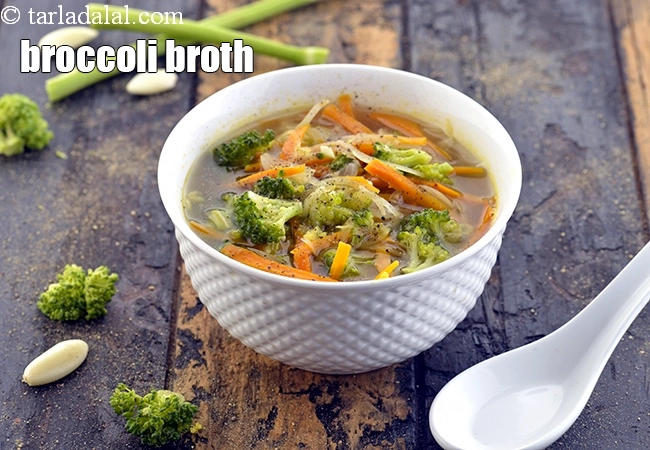
Once you are recovering follow a balanced diet of whole grains, fruits, vegetables and healthy nuts like walnuts and almonds in moderation.
Amongst the vegetables prefer Antioxidant rich veggies like Broccoli, Capsicum, Cabbage, Carrots etc. They work towards building a strong immune system. Vegetable and Basil Soup and Vegan Salad are classic examples of how you can cook and serve antioxidant rich recipes. Sometimes even a simple delicacy like Dahi Bhindi ki Subji is also very soothing and pleasing.
dahi bhindi recipe | healthy dahi bhindi recipe | Rajasthani dahi bhindi | okra with yogurt |
Dahi Bhindi can be a good option during malaria recovery as it is light, nutritious, and easy to digest. The ladies finger (bhindi) provides fiber and essential minerals, while low-fat curd (dahi) offers probiotics and proteins that help improve digestion and boost immunity. Using minimal oil and spices makes it gentle on the stomach, which is important during illness. Ingredients like cumin, fennel, and curry leaves aid digestion and reduce inflammation. However, it’s best served warm and mildly spiced, ensuring comfort and nourishment for someone recovering from malaria.
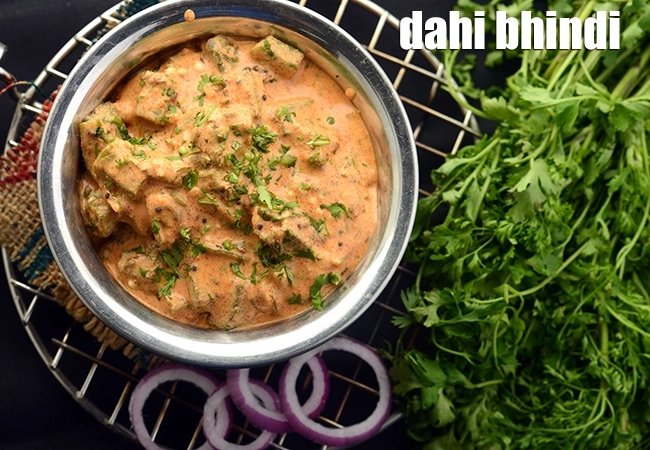
During fever concentrate on simple, non-spicy foods which gives enough carbohydrate and protein like rice porridge and complete protein like Moong Dal Khichdi.
moong dal khichdi | Gujarati moong dal khichdi | how to make yellow moong dal khichdi |
Focus on consuming simple, soft foods like khichdi (made with rice and moong dal) to provide energy without burdening the digestive system.
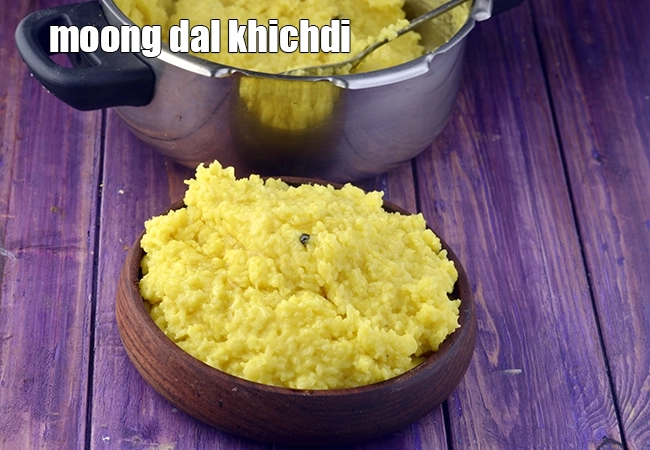
Try to add steam veggies with not too much spice and oil to your daily diet. You can also add easily add veggies to your bowl of khichdi like done by us in recipes like Masoor Dal and Palak Khichdi.
Focus on protein as it’s required in the synthesis of immune bodies. Prefer curds, buttermilk or Salted Lassi . Consume milk in moderation if it suits you.
Add omega-3 to your diet by way of flax seeds, walnuts, chia seeds as this helps to reduce inflammation in the body.
One of the most easiest way to add omega- 3 along with protein to you diet is by way of Flax Seed Raita.
flax seed raita recipe | Omega 3 fatty acids rich raita | low carb, calcium rich doodhi, mint and curd flax seed raita |
Flax Seed Raita can be a refreshing and nutritious addition to the diet, especially during malaria recovery, though it should not be considered a cure. The flax seeds (alsi) provide omega-3 fatty acids, antioxidants, and fiber, which help boost immunity and reduce inflammation. The bottle gourd (lauki) and mint (phudina) offer cooling and hydratingeffects, which are beneficial when the body feels weak or dehydrated due to fever. The curd (low-fat dahi) adds probiotics that support gut health and aid digestion, important for recovering strength. Lightly seasoned with roasted cumin seeds, black salt, and a touch of sugar, this raita makes a soothing, protein-rich, and cooling side dish for someone regaining energy after illness — but it should be part of a balanced diet and not a replacement for medical treatment.
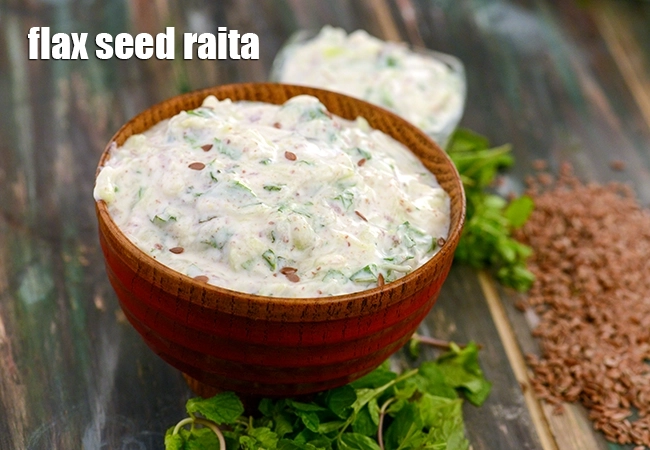
Once you have recovered to some extent, do not miss out on adding greens to your diet as anemia may persist. Try recipes like Methi Paratha and Ragi and Corinader Uttapa.
ragi uttapam recipe | ragi coriander uttapam | healthy nachni uttapam |
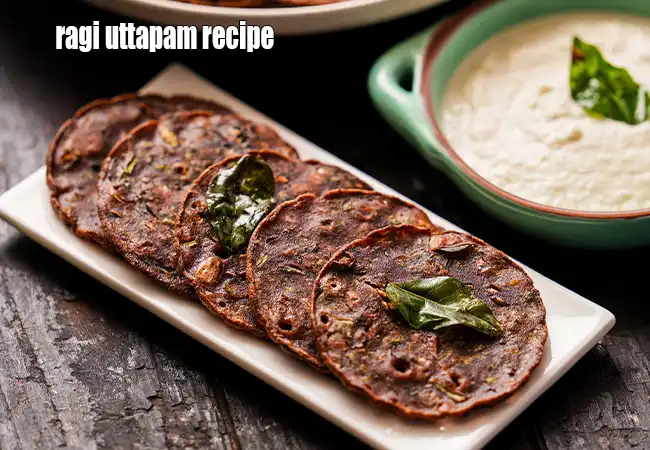
Do not include high fibre whole grains in huge quantities in the beginning. Focus more on fruits, vegetables, water and electrolytes. In advanced recovery stage follow a balanced diet of whole grains, fruits, vegetables and healthy nuts like walnuts and almonds in moderation.
Try one dish meal like Nourishing Oats Moong Dal and Vegetable Khichdi.
oats vegetable khichdi recipe | oats vegetable dal khichdi | healthy oats vegetable khichdi for weight loss |
Oats Khichdi is an excellent meal for individuals recovering from malaria because it is light, easily digestible, and nutrient-rich. Made with oats, yellow moong dal, and vegetables, it provides a balanced mix of complex carbohydrates, proteins, vitamins, and minerals that help restore energy and strengthen the body after fever. The oatssupply soluble fiber that soothes the digestive system, while moong dal adds high-quality protein that aids in tissue repair and recovery. The addition of carrots and french beans boosts immunity and antioxidant intake, which is vital for healing. Cooked with minimal oil and gentle spices like turmeric and cumin, this comforting one-pot meal is ideal for those with low appetite or weak digestion during malaria, offering nourishment without taxing the stomach.
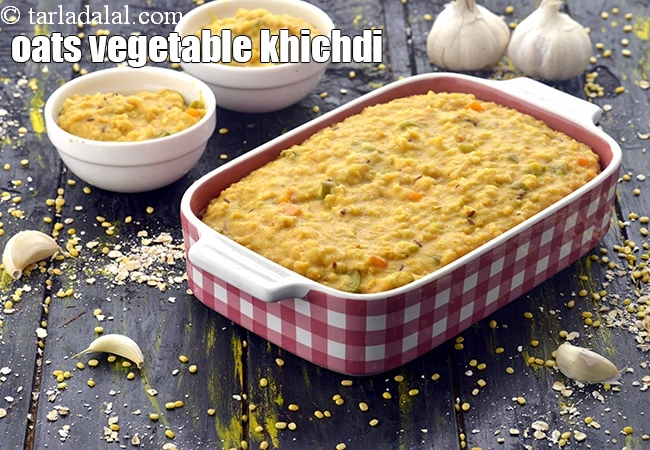
Nourishing Khichdi, Oats Moong Dal and Vegetable Khichdi, Low Salt Recipe
13. Add spices gradually to your diet.
Foods to be avoided during malaria
We have listed what foods to avoid during malaria.
| Foods to be avoided during Malaria: | |
|---|---|
| 1. | Fried foods |
| 2. | Refined foods like maida, bread, pasta, burgers and pizza |
| 3. | Fat laden cheese, butter and margarine |
| 4. | Sweets like cakes, mithais, biscuits and other deserts |
| 5. | Sauce and pickles |
| 6. | Ready-to-eat and canned foods |
| 7. | Alcohol and aerated drinks |
| 8. | Avoid tea and coffee. Try Tulsi Tea or Ginger Tea |
tulsi tea | Indian basil tea | tulsi tea for sore throat | tulsi tea for weight loss |
Tulsi Tea is considered beneficial during malaria due to its antioxidant, antibacterial, and immune-boosting properties. The tulsi leaves (Indian basil) help reduce fever, fight infection, and detoxify the body naturally. Adding lemon juice provides vitamin C, which further strengthens the immune system and aids recovery. Since it’s caffeine-free and soothing, tulsi tea helps keep the body hydrated and calm. Drinking it warm and freshly prepared can provide comfort and support healing during malaria.
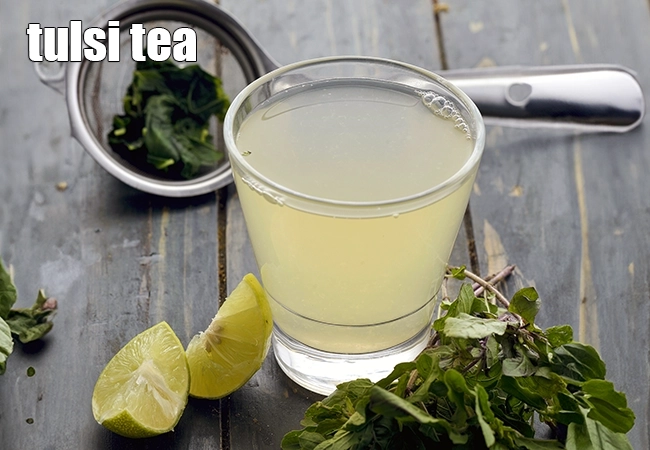
Here are a few of our tested recipes to help you recover from Malaria soothingly.
Enjoy our What food to eat and avoid for treating Malaria, Indian Diet recipes for Malaria below.
Thalassemia recipes
Recipes to treat Vomiting recipes
Manganese Diet recipes
Gout Diet recipes
Diet for Dialysis recipes
Fatty Liver Diet recipes
Arthritis Diet recipes

orange mint juice | healthy mint orange juice | orange and mint juice | orange mint drink | … More..
Recipe# 3905
22 December, 2019
calories per serving
ginger tea recipe | Indian style ginger water for cold and cough | ginger water is home remedy … More..
Recipe# 6682
04 February, 2020
calories per serving
flax seeds with curd recipe | flax seeds with curds and strawberries, healthy Indian snack | healthy flax … More..
Recipe# 6487
25 January, 2021
calories per serving
oats adai recipe | oats spinach pancake | healthy oats recipe for weight loss | Indian vegetable oats … More..
Recipe# 7224
31 July, 2021
calories per serving
muskmelon apple and grape juice recipe | melon apple grape juice | healthy melon apple juice | melon … More..
Recipe# 3624
29 January, 2024
calories per serving
strawberry pineapple juice recipe | strawberry pineapple smoothie | healthy pineapple strawberry drink | with 8 amazing images. … More..
Recipe# 5959
15 December, 2022
calories per serving
pomegranate juice recipe | anar juice for kidney stones, malaria, typhoid, AIDS | pomegranate juice for babies | … More..
Recipe# 7494
13 December, 2021
calories per serving
jowar pyaz ki roti to manage acidity recipe | healthy jowar onion roti | jowar paratha for weight … More..
Recipe# 4327
12 April, 2021
calories per serving
strawberry and black grape raita | healthy strawberry black grape raita | quick black grape and strawberry raita … More..
Recipe# 6160
17 February, 2020
calories per serving
calories per serving
orange mint juice | healthy mint orange juice | orange and mint juice | orange mint drink | … More..
calories per serving
ginger tea recipe | Indian style ginger water for cold and cough | ginger water is home remedy … More..
calories per serving
flax seeds with curd recipe | flax seeds with curds and strawberries, healthy Indian snack | healthy flax … More..
calories per serving
oats adai recipe | oats spinach pancake | healthy oats recipe for weight loss | Indian vegetable oats … More..
calories per serving
muskmelon apple and grape juice recipe | melon apple grape juice | healthy melon apple juice | melon … More..
calories per serving
strawberry pineapple juice recipe | strawberry pineapple smoothie | healthy pineapple strawberry drink | with 8 amazing images. … More..
calories per serving
pomegranate juice recipe | anar juice for kidney stones, malaria, typhoid, AIDS | pomegranate juice for babies | … More..
calories per serving
jowar pyaz ki roti to manage acidity recipe | healthy jowar onion roti | jowar paratha for weight … More..
calories per serving
strawberry and black grape raita | healthy strawberry black grape raita | quick black grape and strawberry raita … More..


Related Recipes
Follow US
Recipe Categories
- Vitamin B12 Cobalamin Rich Recipes 33 recipes
- Low Calorie, Weight Loss Indian Recipes 421 recipes
- Low Cholesterol Indian Recipes 308 recipes
- Healthy Indian Breakfast 372 recipes
- Indian Diabetic recipes 558 recipes
- Indian Pregnancy recipes 461 recipes
- Zero Oil Indian Recipes 133 recipes
- Iron Rich Indian recipes 267 recipes
- Healthy Indian Acidity recipes 133 recipes
- Healthy Sabzis 108 recipes
- Indian Healthy Veg Snack 276 recipes
- Healthy Heart Recipes 415 recipes
- Healthy Veg Indian Soups 74 recipes
- Calcium Rich Indian Recipes 372 recipes
- High Blood Pressure Indian Recipes 101 recipes
- Healthy Indian Salads Recipes 137 recipes
- Low Carb Indian Diet, recipes 162 recipes
- Hypothyroidism Diet 62 recipes
- Arthritis Diet 68 recipes
- High Protein Indian recipes 93 recipes
- Vitamin K Diet 42 recipes
- Fatty Liver Diet 38 recipes
- PCOS 136 recipes
- Gluten Free Veg Indian 196 recipes
- High Fiber 328 recipes
- Indian Cancer Patients 275 recipes
- Jaundice Diet 45 recipes
- Sprouts 61 recipes
- Typhoid 43 recipes
- Irritable Bowel Syndrome (IBS) 23 recipes
- Kidney Stone Diet 9 recipes
- Home Remedies 213 recipes
- Senior Citizen 195 recipes
- Healthy Indian Drinks and Juices 213 recipes
- Diet for Dialysis 10 recipes
- Gout Indian Recipes 17 recipes
- Potassium Rich 80 recipes
- Vegan 195 recipes
- Indian recipes to treat Vomiting 8 recipes
- Forever Young Diet, Anti Aging Indian Diet 255 recipes
- Antioxidant Rich Indian 445 recipes
- Vitamin B1 Rich Indian Foods, Recipes 101 recipes
- High in Omega 3 Fatty Acids 32 recipes
- Zinc Rich Foods 55 recipes
- Vitamin A Rich, Beta Carotene, Retinol 89 recipes
- Malaria Diet 19 recipes
- Magnesium Rich 94 recipes
- Healthy Indian Dinner 85 recipes
- Vitamin C Rich Indian recipes 118 recipes
- Low Veg Glycemic Index 86 recipes
- Lower Blood Pressure Salads 8 recipes
- Healthy Indian Lunch Recipes 29 recipes
- Lactation 25 recipes
- Vitamin E Rich 51 recipes
- Hyperthyroidism Diet 47 recipes
- Vitamin B3, Niacin Rich 41 recipes
- Post Surgery Diet 42 recipes
- Selenium 27 recipes
- Lower Blood Pressure Desserts Sweets 14 recipes
- Phosphorus Rich Indian Recipes, Foods 74 recipes
- Copper 15 recipes
- Foods Rich in Vitamin B2 Riboflavin 22 recipes
- Vitamin B6 Diet 36 recipes
- Vitamin B9 Rich Folate 50 recipes
- B Vitamins 231 recipes
- Marathoners, Endurance Athletes, Triathlete 225 recipes
- Manganese Diet 32 recipes
- Thalassemia 18 recipes
- Detox Water, Fruit Infused Water 42 recipes
- Lactose Free Dairy Free 22 recipes
- Omega 6 Fatty Acids 32 recipes
- Phytonutrients 51 recipes
- Chronic Kidney Disease Indian recipes 11 recipes
- Selenium1 0 recipes
- Quick Snacks / Quick Starters 385 recipes
- Quick Breakfast Indian 131 recipes
- Quick Sabzis 117 recipes
- Quick Rotis / Parathas 46 recipes
- Quick Indian Sweets 139 recipes
- Quick Stir-Fries 51 recipes
- Quick Vegetarian Indian Soups 72 recipes
- Quick Chutneys 67 recipes
- Quick Vegetarian Rice, khichdi Recipes 56 recipes
- Indian snacks under 10 minutes 44 recipes
- Quick Indian Dips, Gravies & Sauces 105 recipes
- Quick Veg Indian Pizza 17 recipes
- Quick Veg Pasta 25 recipes
- Quick Pickles / Aachar 25 recipes
- Quick Dals / quick Kadhis 29 recipes
- Snacks under 5 minutes 33 recipes
- Quick Healthy Recipes 43 recipes
- Quick Pressure Cooker 46 recipes
- Quick Desserts 47 recipes
- Quick 3 Ingredients 63 recipes
- Quick Indian Desserts 20 recipes
- Quick 4 Ingredients 41 recipes
- Quick 5 Ingredients 42 recipes
- Kids Tiffin Box 319 recipes
- Recipes for Toddlers (1-3 Years) 32 recipes
- Sweet Recipes for Kids 456 recipes
- Recipes for Baby (10 to 12 Months) 17 recipes
- Quick Indian recipes for Kids 72 recipes
- Indian Breakfast Recipes for Kids 192 recipes
- Recipes for Weaning (8 to 9 months) 22 recipes
- Healthy Foods for Kids 196 recipes
- Snack Recipes for Kids 619 recipes
- Recipes Kids can make 36 recipes
- Kids After School 794 recipes
- Kids Jar Snacks 66 recipes
- Finger Foods for Babies, Toddlers and Kids 76 recipes
- Kids Weight Gain 43 recipes
- Kids Wraps and Rolls 23 recipes
- Kids Veg Pasta 27 recipes
- Kids Brain Boosting 68 recipes
- Protein rich food for kids 69 recipes
- Recipes for Weaning 15 recipes
- Kids Pizzas 30 recipes
- Babies, Toddler and Kids Iron Rich Foods 31 recipes
- High Fiber Foods for Kids 39 recipes
- Kids Noodles 37 recipes
- Kids High Energy Indian Foods 103 recipes
- Kids Calcium Rich Indian recipes 91 recipes
- Babies recipes, 6 to 18 months 34 recipes
- Kids Recipes for Increasing Immunity 10 recipes
- Kids Weight Loss 58 recipes
- Teething Recipes for Babies 10 recipes
- Cereals and Pulses for 8 to 9 months Baby 8 recipes
- Weaning foods at 7 months 12 recipes
- Indian Teen 315 recipes
- Starters / Snacks 2138 recipes
- Indian Breakfast Recipes 819 recipes
- Main Course Recipes 925 recipes
- Indian Salads 385 recipes
- Indian Desserts , Sweets 985 recipes
- Indian Soups 249 recipes
- Indian Beverages, Indian Drinks 483 recipes
- Indian Dinner 903 recipes
- Indian Dinner1 0 recipes
- Indian Lunch 830 recipes
- Side Dishes 449 recipes
- Indian Travel Food 433 recipes
- Indian Barbeque1 recipes 22 recipes
- Frozen Foods, Indian Freezer Recipes 67 recipes
- Whole Wheat Recipes 56 recipes
- Indian Comfort Foods 212 recipes
- Dinner Menus 56 recipes
- Easy Indian Veg 70 recipes
- Innovative Indian Recipes 27 recipes
- No Cook Indian 37 recipes
- Advanced Recipes 10 recipes
- Cakes with Eggs 13 recipes
- Microwave 229 recipes
- Oven 619 recipes
- Indian Steamer Recipes 102 recipes
- Kadai Veg 407 recipes
- Indian Barbeque Recipes 43 recipes
- Sizzler tray 15 recipes
- Mixer 566 recipes
- Pressure Cooker 315 recipes
- Tava 646 recipes
- Non-stick Pan 1393 recipes
- Indian Freezer recipes, meals 57 recipes
- Appe Mould 18 recipes
- Pan 223 recipes
- Non Stick Kadai Veg 203 recipes
- kadai Indian 150 recipes
- Refrigerator 176 recipes
- Waffle Indian recipes 6 recipes
- Handi 12 recipes
- Juicer and Hopper 65 recipes
- Grill 31 recipes
- Toaster 21 recipes
- Gas Toaster 8 recipes
- Steam 72 recipes
- No Cooking Veg Indian 335 recipes
- Vegetarian baked Indian recipes 380 recipes
- Boiled Indian recipes 129 recipes
- Deep Fry 260 recipes
- Indian Tawa 266 recipes
- Shallow Fry Indian 25 recipes
- Microwave1 172 recipes
- Saute 273 recipes
- Indian Pressure Cooker 171 recipes
- Stir-fry 100 recipes
- Roasting 0 recipes
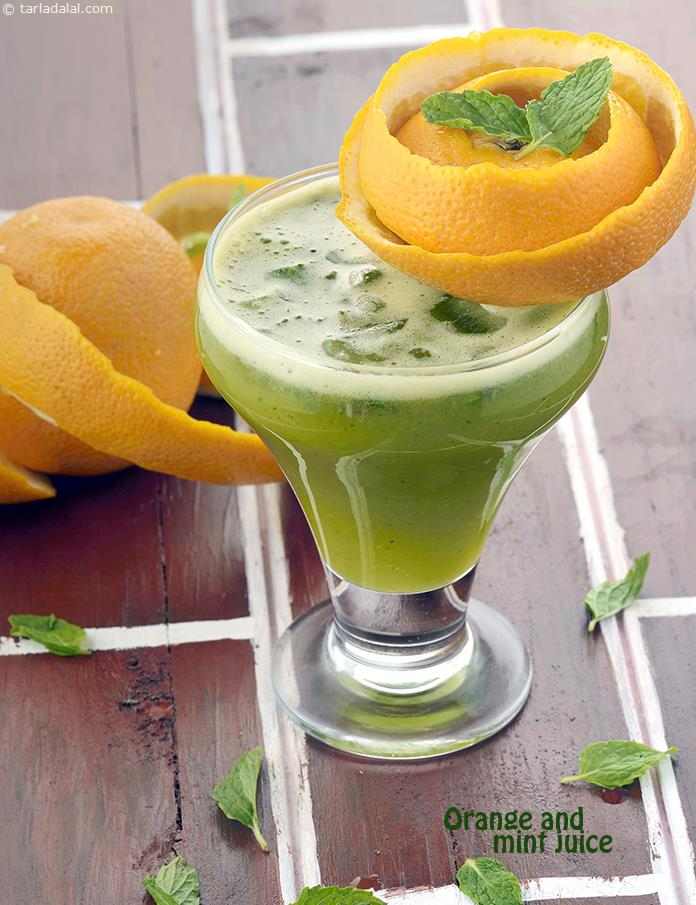
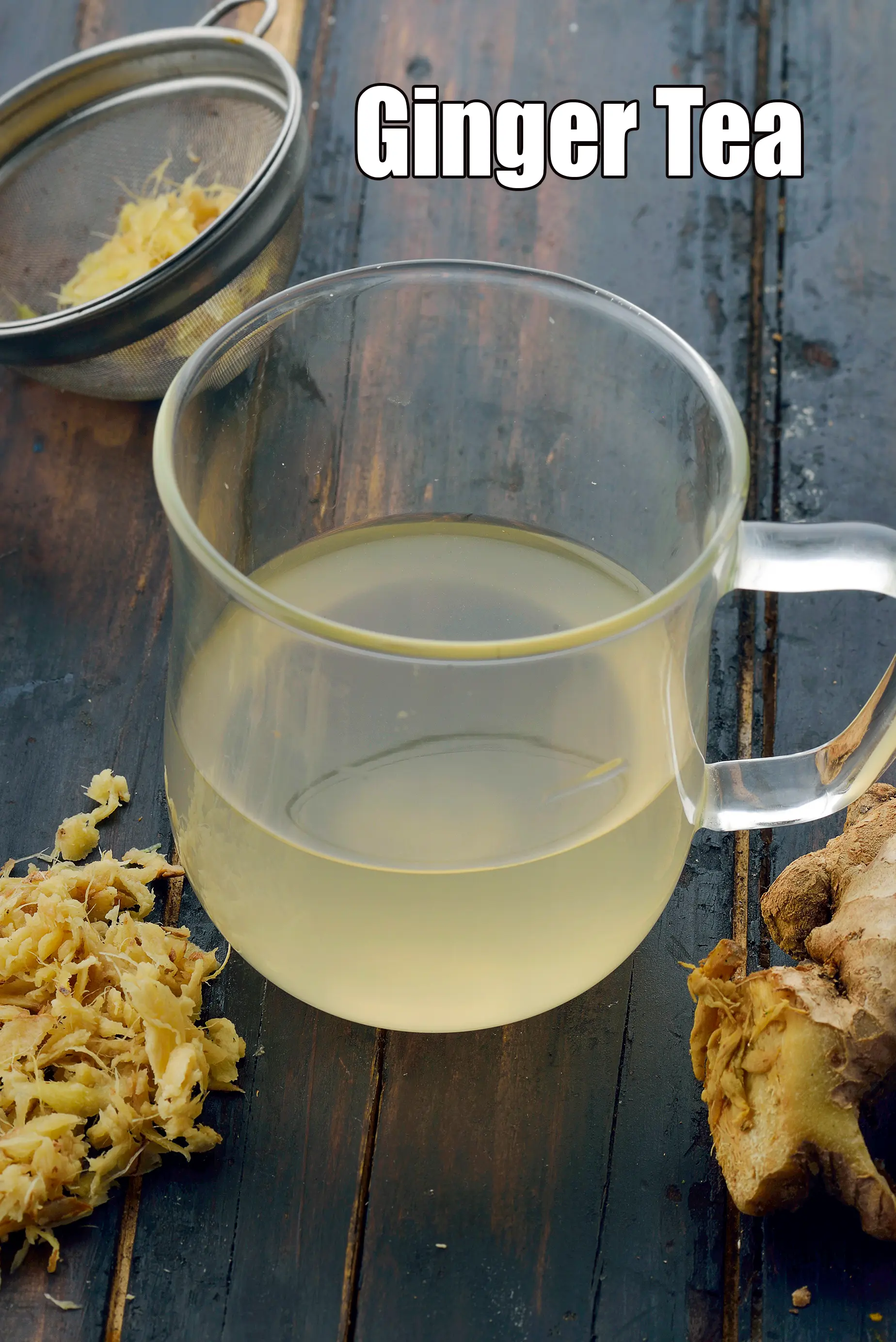
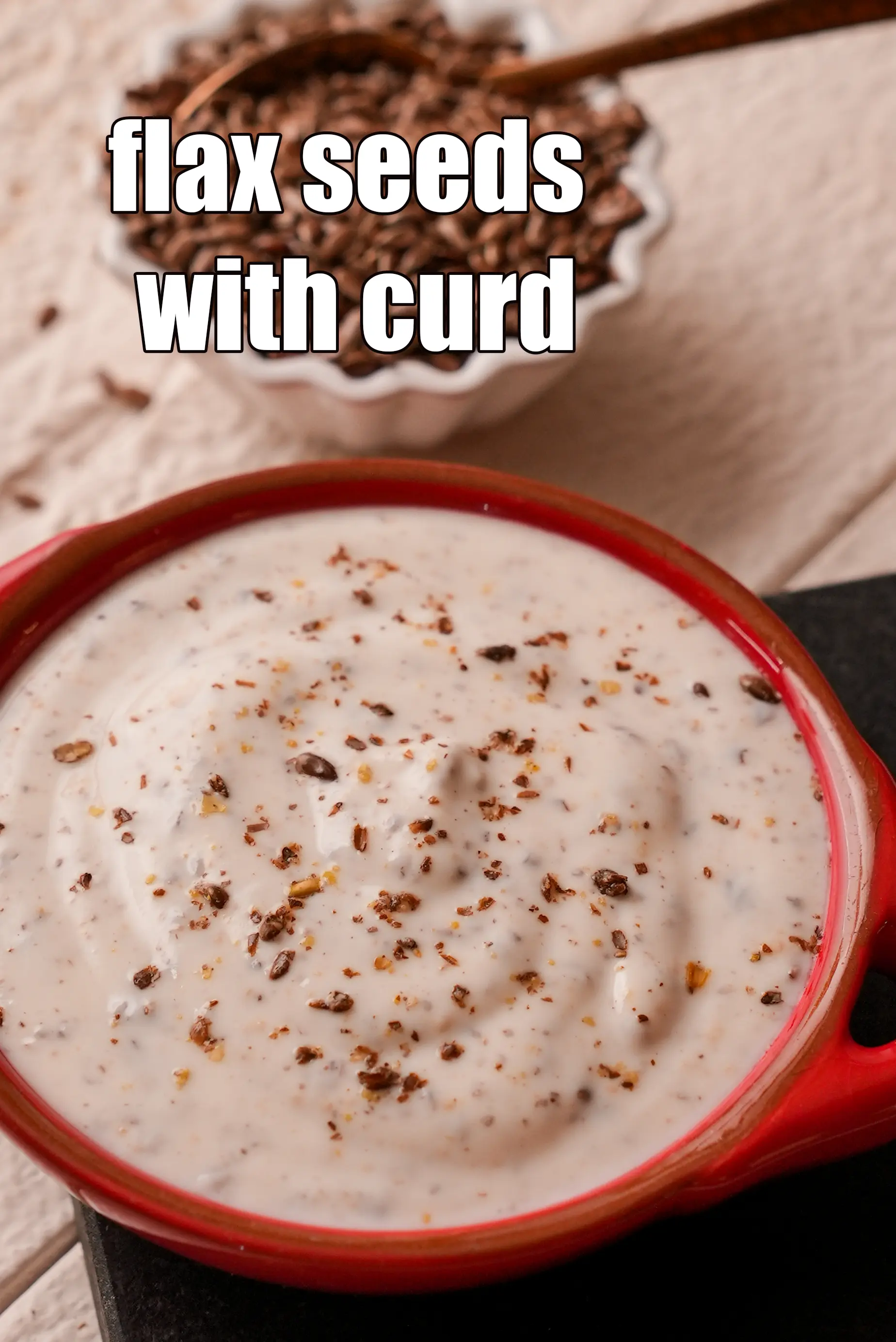
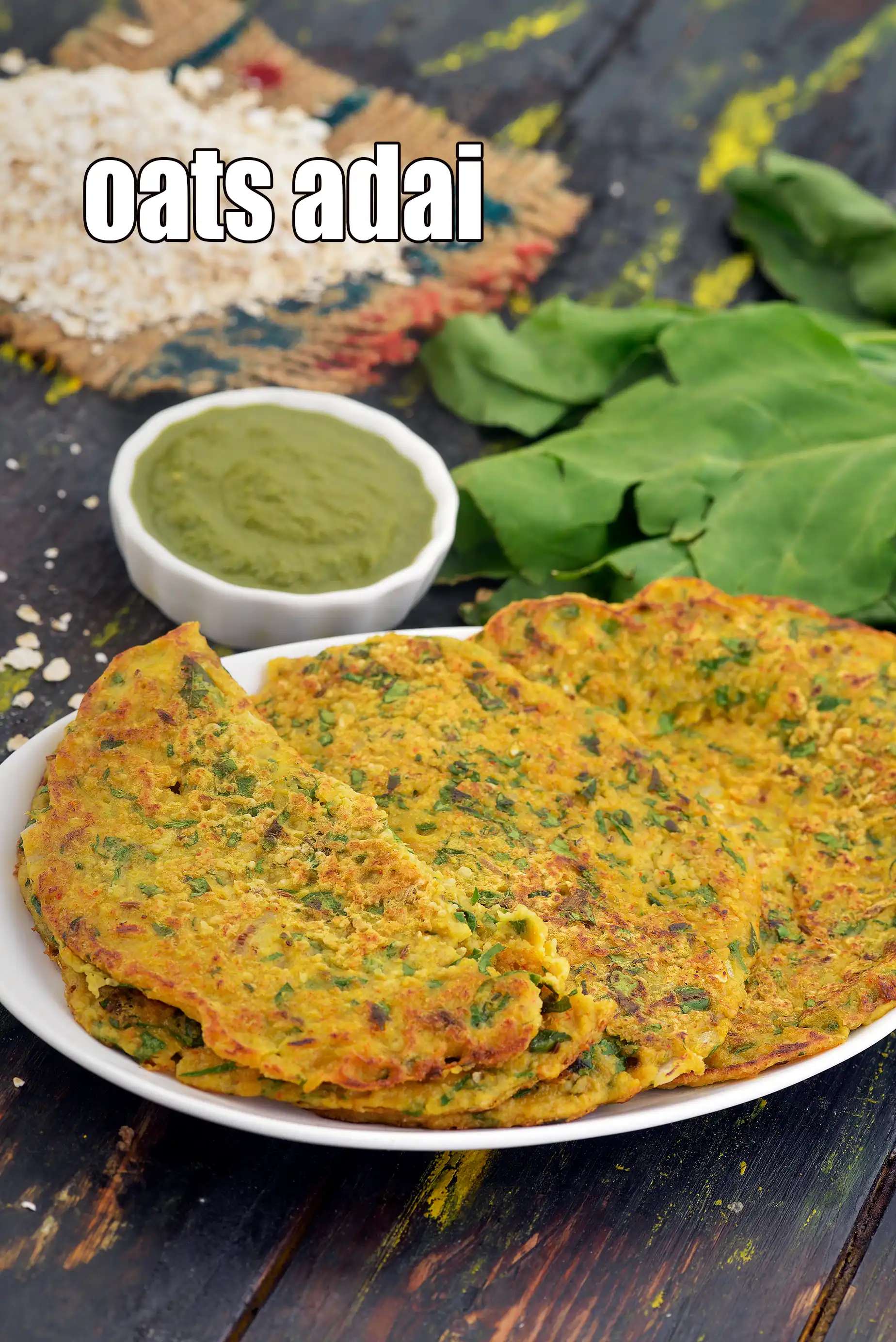
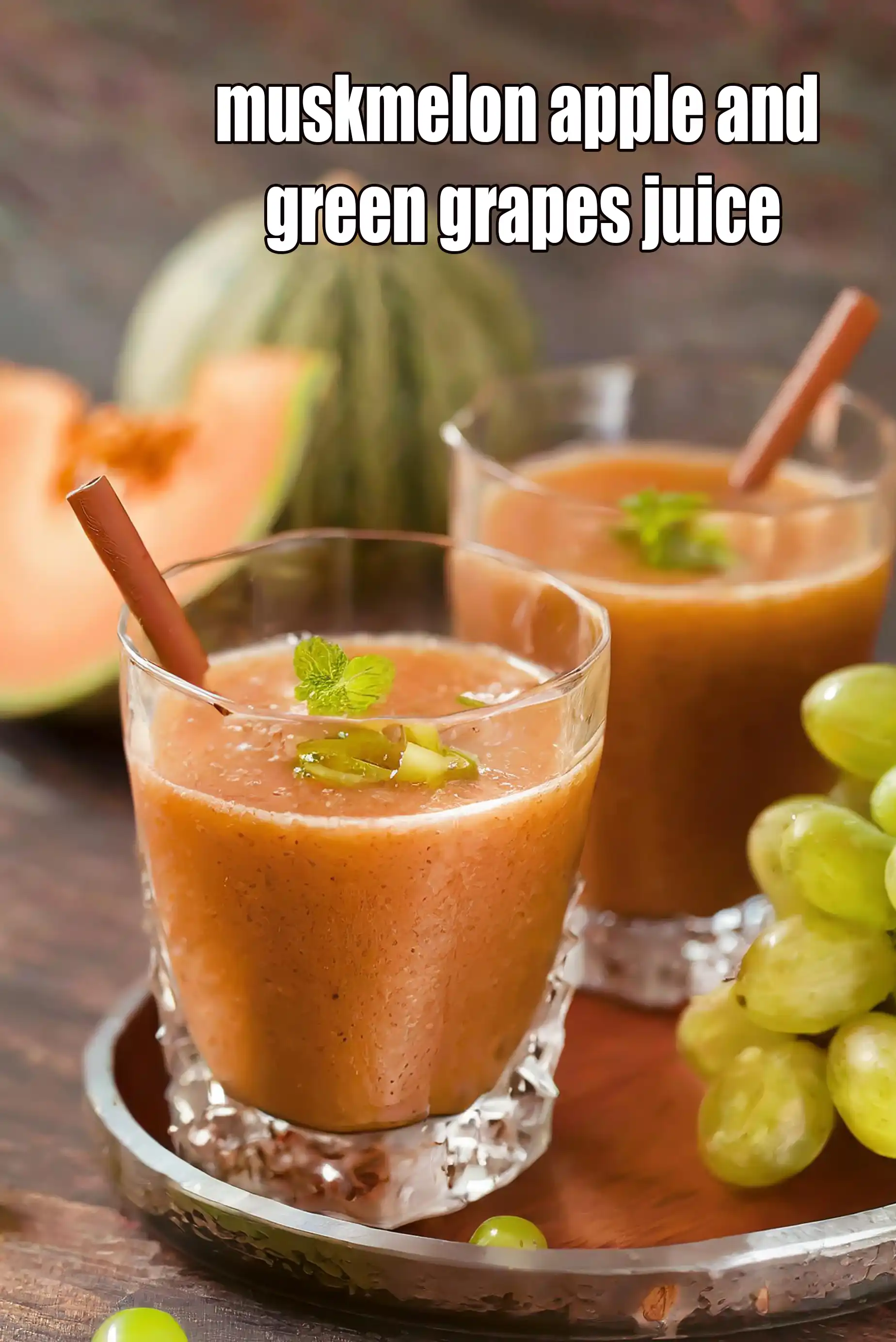
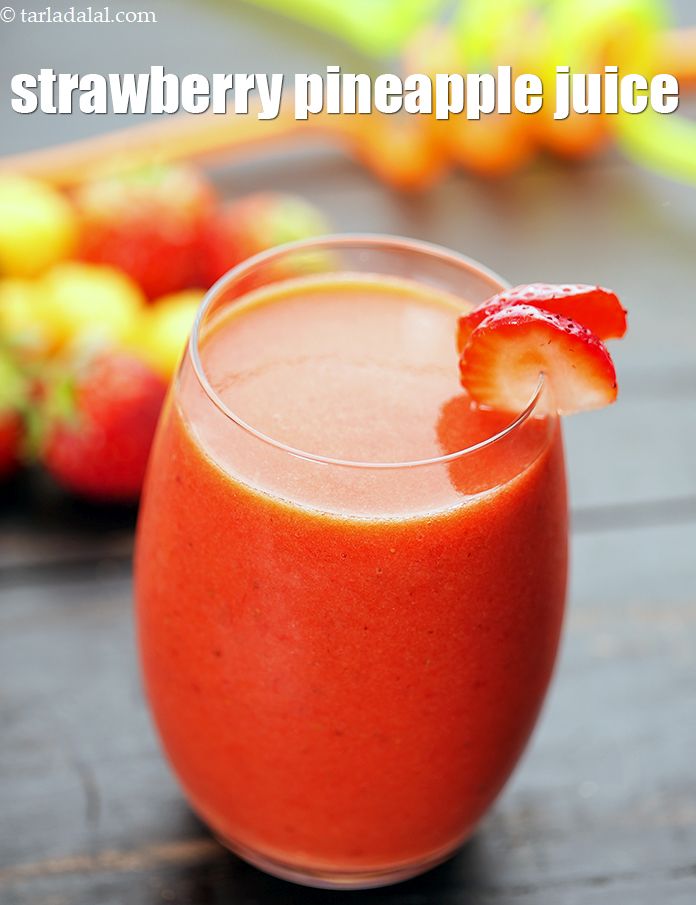
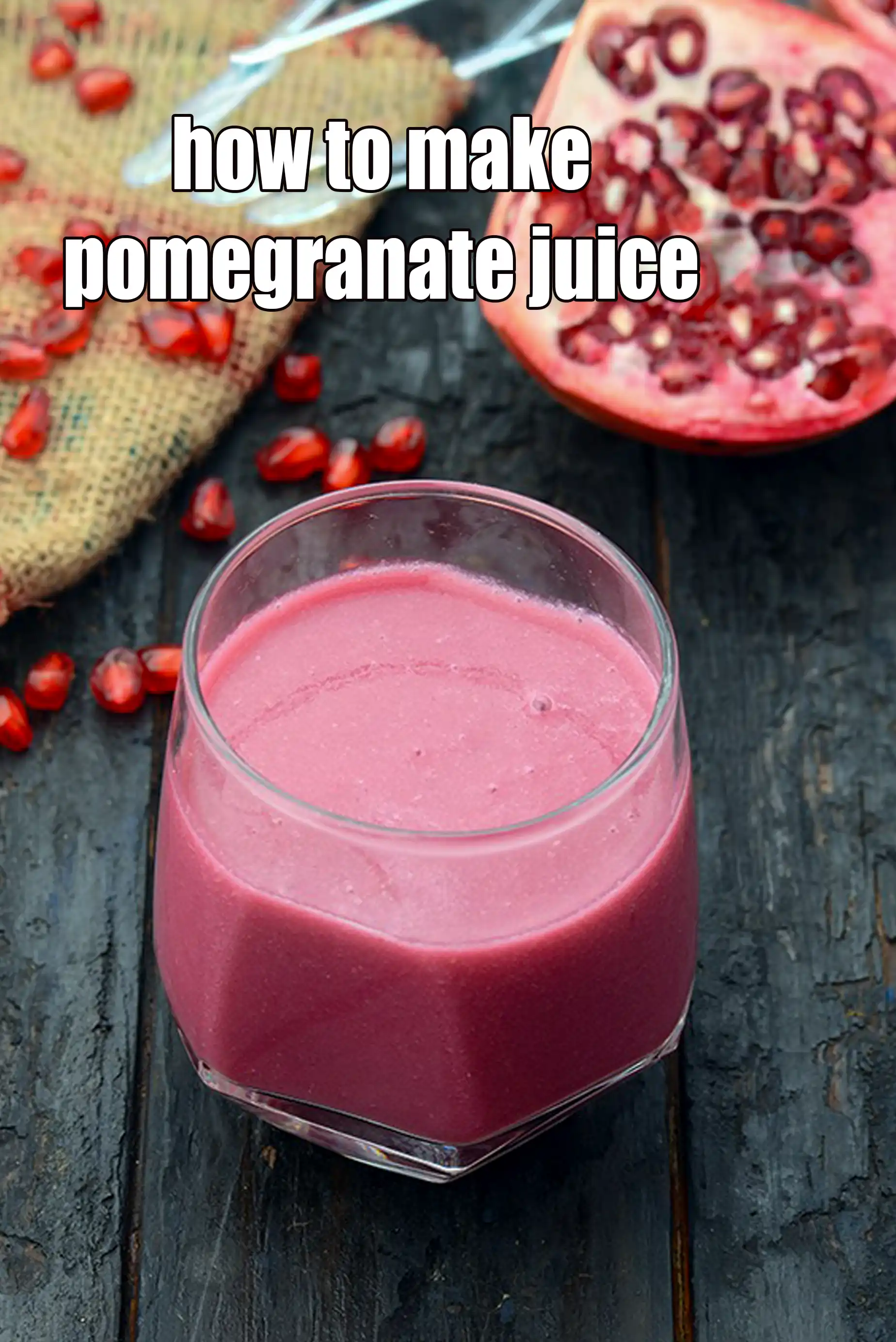
-9886.webp)
